A Quest for Meaning
Barbara Ehrenreich ’63
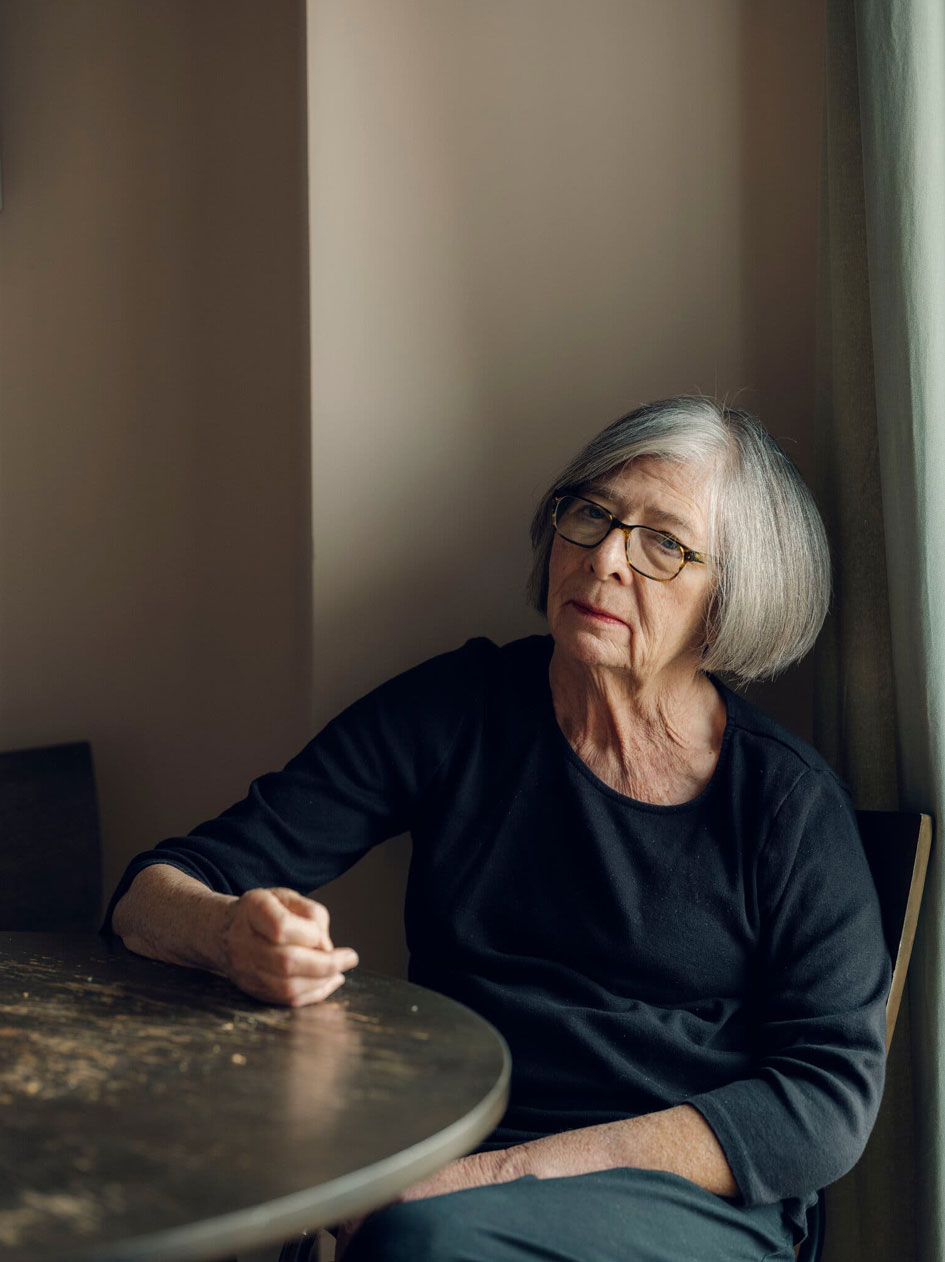
Photo by Jared Soares
September 1, 2022, in Alexandria, Virginia, from a stroke.
As a general rule of life, Barbara felt, if a door opens, one should walk on through and at least take a look around. She approached life as a scientist, became a brilliant wordsmith, and enjoyed a successful career as a writer, focusing on ordinary people. Championing the overlooked and the forgotten, she tackled the myth of the American dream, the labor market, health care, poverty, and women’s rights.
She was born in the copper-rich town of Butte, Montana, where her father, Benjamin Alexander, worked as a miner. After earning a PhD in metallurgy at Carnegie Mellon University, he became a mining industry executive and moved his family, first to the East Coast, and then to Southern California. Barbara’s mother, Isabelle Oxley, was a discontented housewife. Both parents were heavy drinkers.
“My mother’s anger was the central force field in our home,’’ Barbara wrote in Living with a Wild God (2014). “She cleaned and scrubbed and seethed and cursed, to what I saw early on was an unusual degree, since my playmates judged her to be ‘mean.’ When in an outbreak of defiance I passed this information on to her, along with a personal declaration of hatred, she washed my mouth out with soap.”
A self-described fourth-generation atheist, Barbara began journaling in the ninth grade. At that time, she set her goal for life: to find out why—what is the point of our brief existence? She pondered whether it would take years of patient study to comprehend, or whether it might come in a rush of revelation. “You learn early in this line of work,” she wrote, “you can’t go around telling people, ‘I’m on a mission to discover the purpose of life.’”
Throughout her teenage years, she repeatedly experienced otherworldly encounters, which she found both unsettling and difficult to describe. One day, for example, she was looking at a tree and witnessed “something peeled off the visible world, taking with it all meaning, inference, association, labels, and words.”
“What do you do when confronted with an inexplicable and alarming situation?” she asked. “Well, you can panic or give in to some other tyrannical emotion, like dread. Or you can escape into a book or a puzzle or, judging from the adults around me, a bottle of gin. But there is another possible response to the unknown and potentially menacing, and that is thinking.”
Years before she began journaling, when she was about eight years old, she had a rule: Think in complete sentences. Eventually the rule evolved into “think.” “No giving way to inner screams or sobs—just keep stringing out words in grammatical order.” Every now and then, she ceased trying to transform the hail of incoming images into named objects. But the thrust of her inquiry continued to be the meaning of life.
“We live our little lives, then we die,” she wrote, “but the payoff was supposed to be some glorious meaning, for anyone clever enough to find it, that would light up the sky, perhaps at the moment of death, like the aurora borealis, and redeem all the trivia and suffering. That’s what ‘meaning’ is—a special additive like salt or garlic that could make the most fetid piece of meat seem palatable, even delicious.”
Her parents couldn’t afford to send her to an East Coast college, which was Barbara’s hope when she graduated from high school in Los Angeles. Feeling alienated in high school, she wanted to be free of its deadly conformity. The Beat generation was emerging in Los Angeles, and Barbara had an inkling that there was a bohemian culture at Reed in which she would thrive. In the fall of ’59, she started at Reed with what she termed “a few hundred other misfits” who were also whip-smart.
“Reed brought together the currents of a kind of youth rebellion in people like me who weren’t even ‘radical’ in any other sense with a feeling of an intense intellectual adventure,” she said. “I think those things have always gone together in my life, the idea that there is an adventure—this is an adventure—and that there are other people along the way to link up with sometimes and be inspired by and gain solidarity from.”
Arriving at Reed during what she called “the great surge of scientific reductionism,” she resolved to focus on the building-block disciplines: mathematics, chemistry, and physics. She began as a chemistry major and then went into physics.
“I had professors who really turned me on to the sciences,” she remembered. “I’ll always remember Prof. Jean Delord [physics 1950–88] standing in front of the class and saying, ‘Take the sun.’ And the poetry of that just struck me so much—that a human being could kind of ‘take’ the sun and consider it. I remember being so challenged and so engaged. The word ‘intense’ doesn’t begin to come close to what was going on.”
She wrote her thesis, “Electrochemical Oscillations of the Silicon Anode,” with Delord advising. But the thesis experiments that she set up with Delord, measuring semiconductor effects on the corrosion of silicon, yielded inexplicable voltage oscillations that seemed to be almost supernaturally mocking her efforts to account for them.
She went on to earn a PhD in cellular immunology from Rockefeller University, where she met her first husband, John Ehrenreich. As a graduate student, she discovered that the problem with science was that it involved working in windowless laboratories and she lacked the requisite patience for lab work. Toiling at the production end of science, all she could foresee was a lifetime of jobs with the chance to one day present some crumb of research results at a scientific meeting. The research gave way to antiwar activism, and Barbara decided against pursuing a career in science.
She became an assistant professor in the health sciences program at the State University of New York, Old Westbury, but, spurred by the social and political upheaval of the ’60s, she began to write. Her first book, Long March, Short Spring: The Student Uprising at Home and Abroad (1969), cowritten with her husband, grew out of their anti–Vietnam War activism. Their second book, The American Health Empire: Power, Profits and Politics, was published the following year.
At various times she taught, lectured, or served as writer in residence at UC Berkeley, the State University of New York at Old Westbury, the University of Missouri at Columbia, New York University, Sangamon State University, UC Santa Barbara, Ohio State University, and the University of Oregon.
In 1974, Barbara quit her teaching job to become a full-time writer. She became a regular columnist for Time magazine and The Progressive, and wrote for Ms. magazine, The New York Times, Mother Jones, Atlantic Monthly, The New Republic, and other publications. Numerous critically acclaimed books followed, including The Hearts of Men: American Dreams and the Flight from Commitment (1983), Fear of Falling: The Inner Life of the Middle Class (1989), The Worst Years of Our Lives: Irreverent Notes from a Decade of Greed (1990), and Blood Rites: Origins and History of the Passions of War (1997).
In 2001, she had a bestseller with Nickel and Dimed: On (Not) Getting By in America, a vivid account of her two-year immersion in the minimum-wage economy attempting to live on low-wage jobs. Selling more than a million copies, the book became a turning point in her career. She began writing a guest column for the New York Times while a regular columnist was on leave and received so much acclaim for her columns that she was invited to stay on as a full-time columnist. But preferring to spend her time on long-term activities, like writing books, she declined.
“My real job, as I understood it,” she wrote, “was to be a sentry patrolling the perimeters of the human community, always on the lookout for fresh outbreaks of violence and danger, ready to sound the alarm. I became attached to the word ‘freelance’ for its martial connotations.”
The short pieces entertained and supported her; the longer, historical excursions fed her mind.
“At first I wrote books on relatively manageable issues related to class and gender in American society,” she wrote, “and then, realizing I had nothing to lose, turned to much larger issues—too large, in fact for any legitimate social scientist—like religion and war.”
After the release of Nickel and Dimed: On (Not) Getting By in America, she was diagnosed with cancer. She wrote about her breast cancer experience in an article titled “Welcome to Cancerland,” in which she described her experience and the problems with the breast cancer industry. Barbara survived the cancer and began revisiting questions she had laid out in her teenage journals. Her resulting memoir, Living with a Wild God, became a fascinating treatise on the mystical and unexpected, the possibility of a nonhuman agent or agents intervening in our lives.
In 2018, Barbara published her 20th book, Natural Causes, in which she wrote with skepticism about modern medicine with its aggressive promotion of dubiously valuable medical tests and pharmaceuticals. No more bone-density scans for her, she said, and no more painful and humiliating mammograms or colonoscopies. The book was something of a sequel to her 2009 polemic Bright-Sided, about the cult of “positive thinking” and how it demoralizes people who are already contending with crushing financial or medical issues.
Barbara was the commencement speaker at Reed in 1987 and contributed an essay to Thinking Reed: Centennial Essays by Graduates of Reed College. She was an honorary cochair of the Democratic Socialists of America and served on the board of the Institute for Policy Studies, the advisory board of NORML, and the editorial board of The Nation. She was the recipient of a Ford Foundation Award for Humanistic Perspectives on Contemporary Society, a Guggenheim Fellowship, a research and writing grant from the John D. and Catherine T. MacArthur Foundation, a Nation Institute/Puffin Foundation Prize for Creative Citizenship, the Hillman Prize for excellence in journalism, and a National Magazine Award for excellence in reporting.
Barbara had two children with John Ehrenreich, and, after divorcing him, married Gary Stevenson in 1983. They divorced in the early ’90s. In 2005 she wrote, “I dismissed the last of my male companions for a number of compelling reasons, topped by my need to be alone, which had become far more urgent than any romantic attraction.”
She is survived by her daughter, Rosa Brooks, a law professor, journalist, and author, and her son, Ben Ehrenreich, a freelance journalist and author.
Appeared in Reed magazine: December 2022
comments powered by DisqusFrom the Archives: The Lives they Led
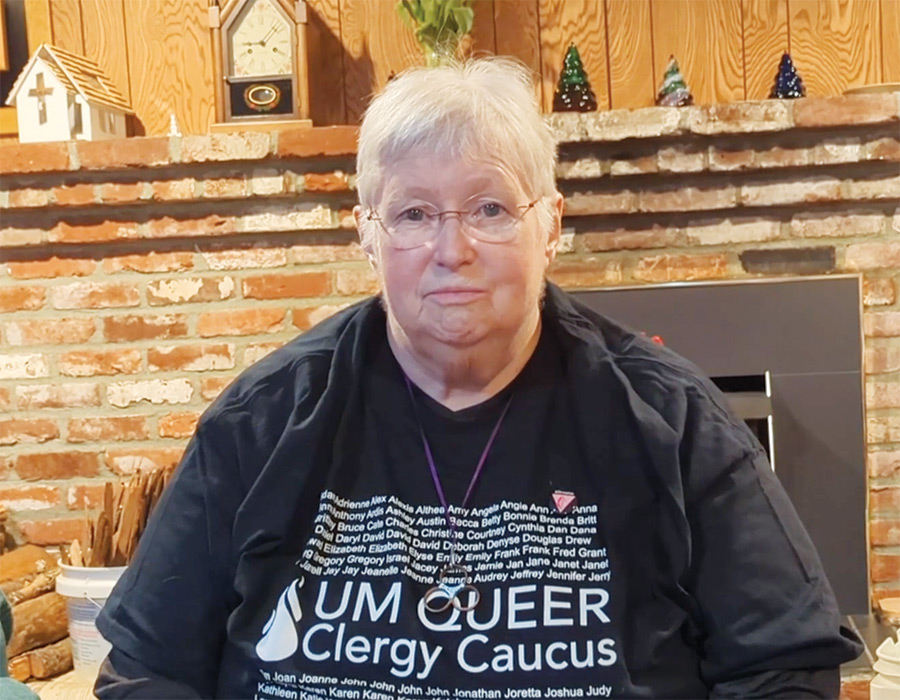
Jeanne Knepper ’69
The First Openly Gay Woman to Be Ordained and Appointed Within the Oregon-Idaho Conference of the United Methodist Church
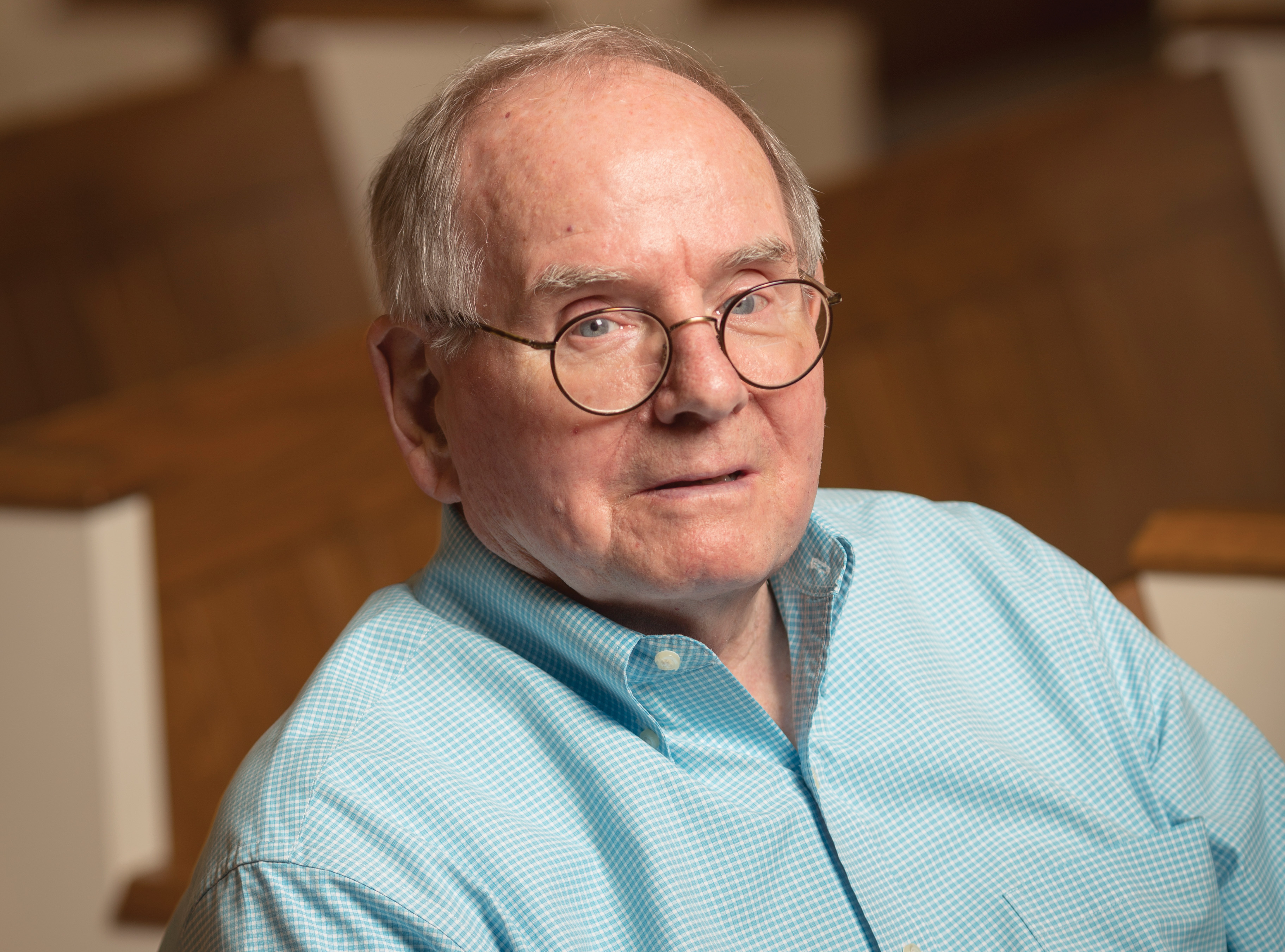
William Haden
As Acting President of Reed, He Strengthened the College's Finances and Alumni Relations
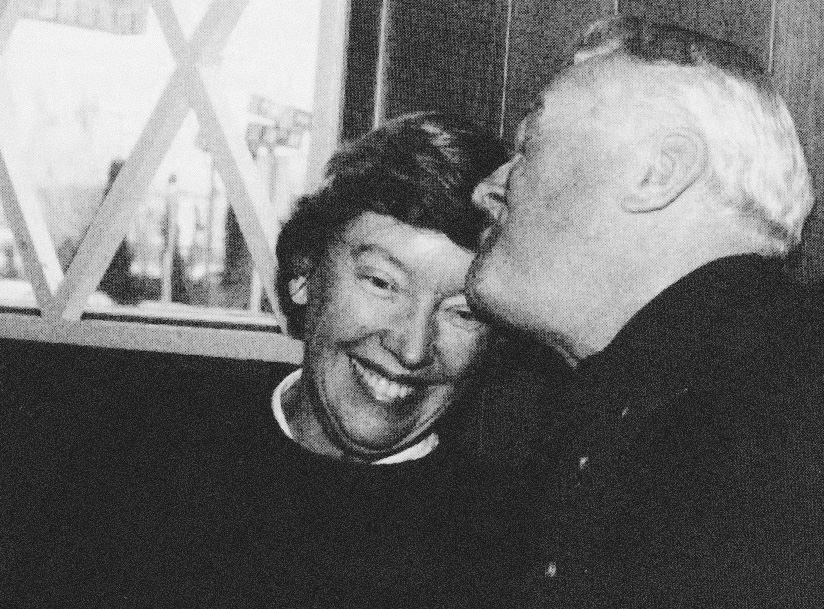
Nancy Horton Bragdon
Reed’s First Lady Whose Warmth and Leadership Were Invaluable During a Turbulent Time

![Photo of Larry Church [chemistry ’73–80]](https://www.reed.edu/reed-magazine/in-memoriam/assets/images/Larry-Church.jpg)
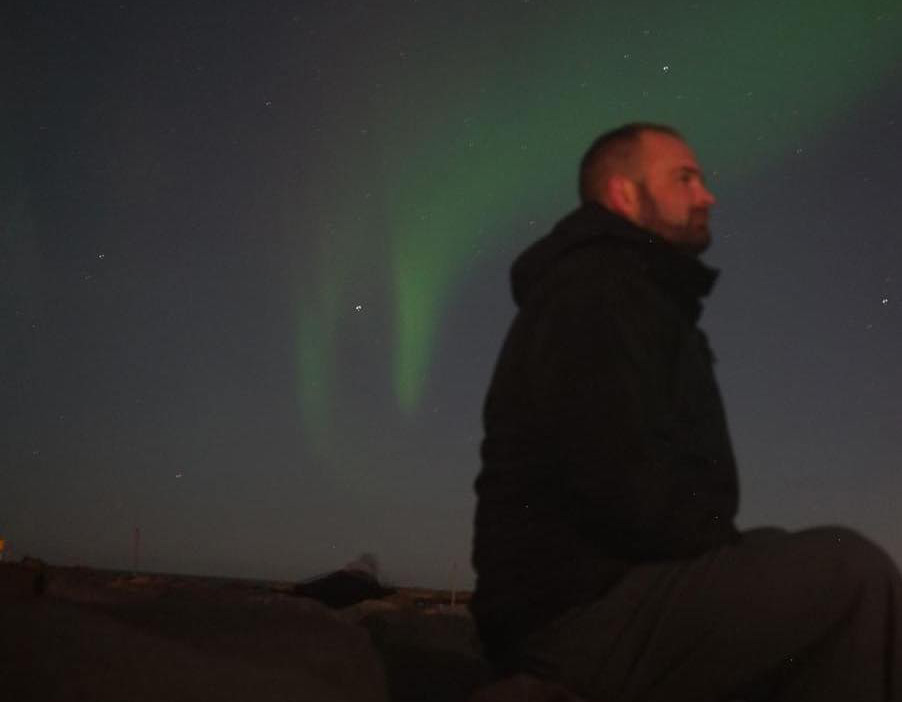
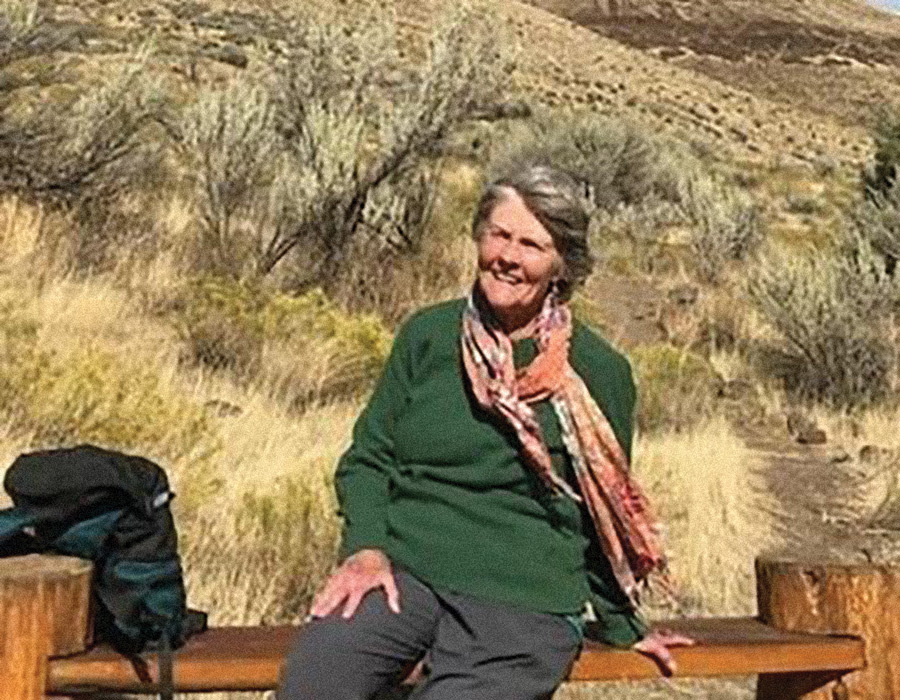
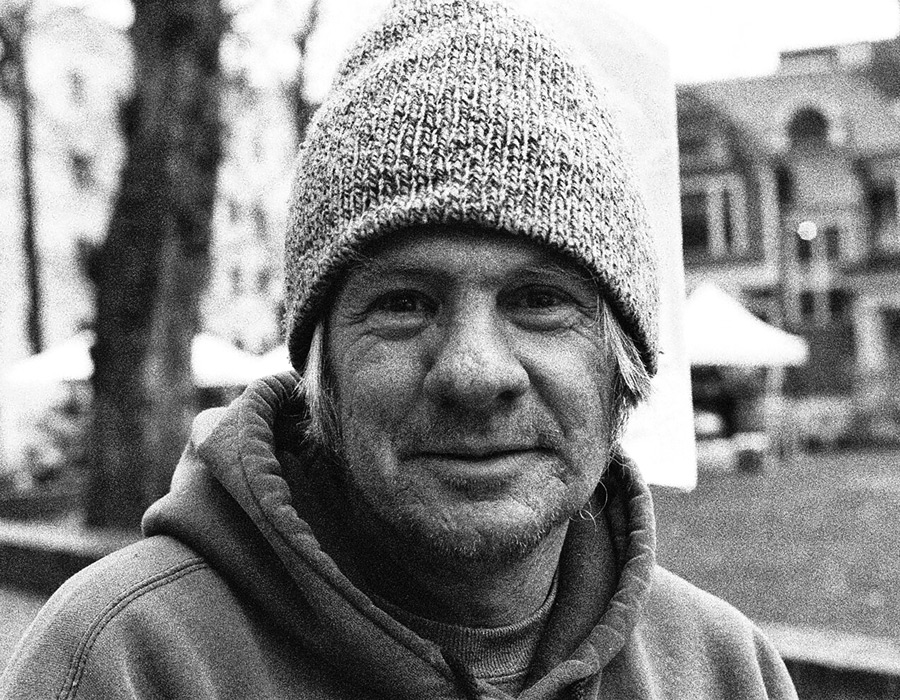
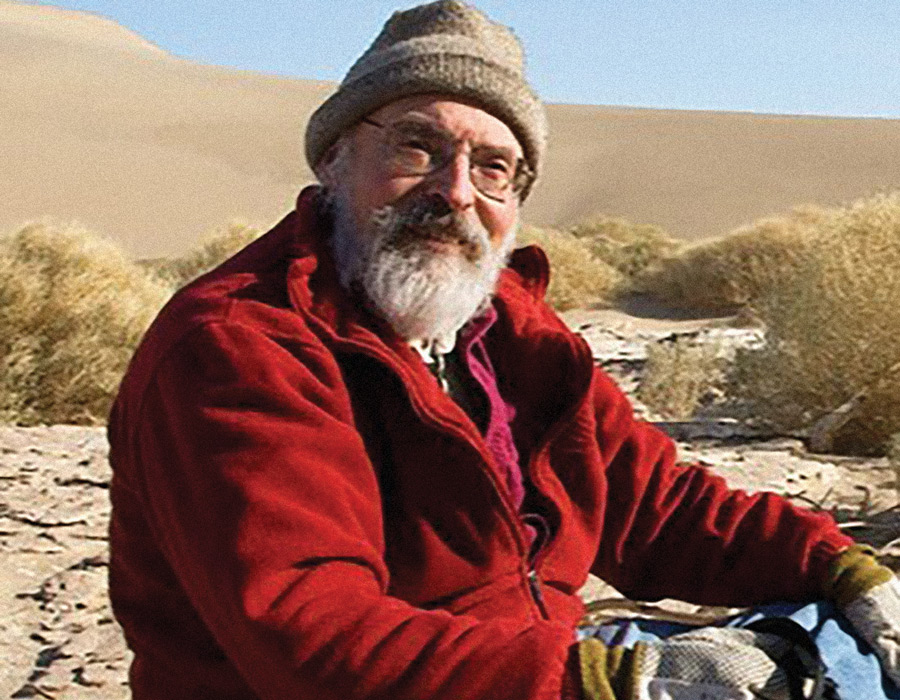
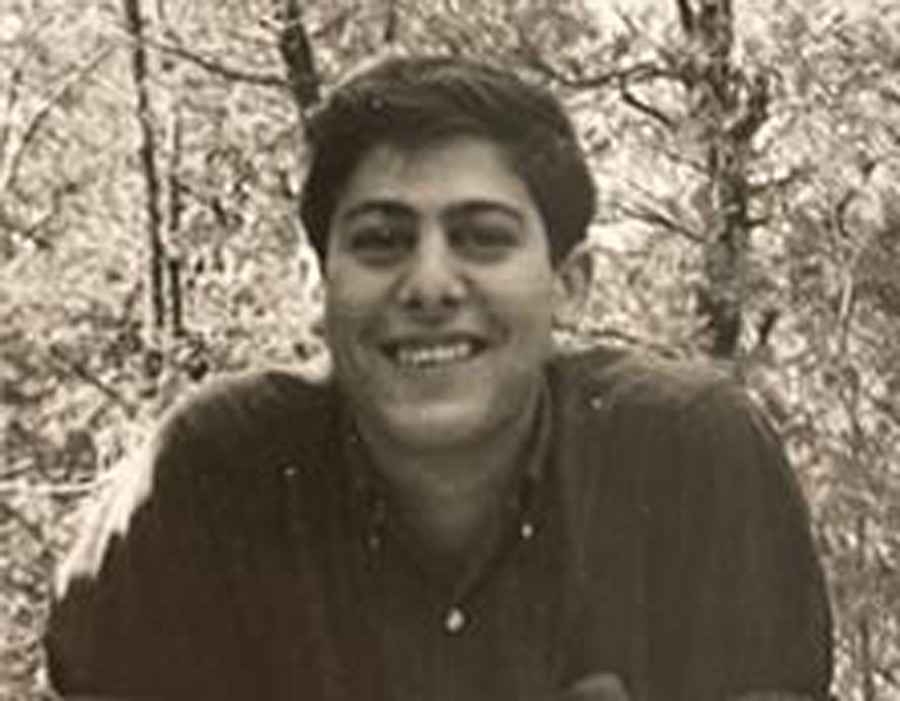
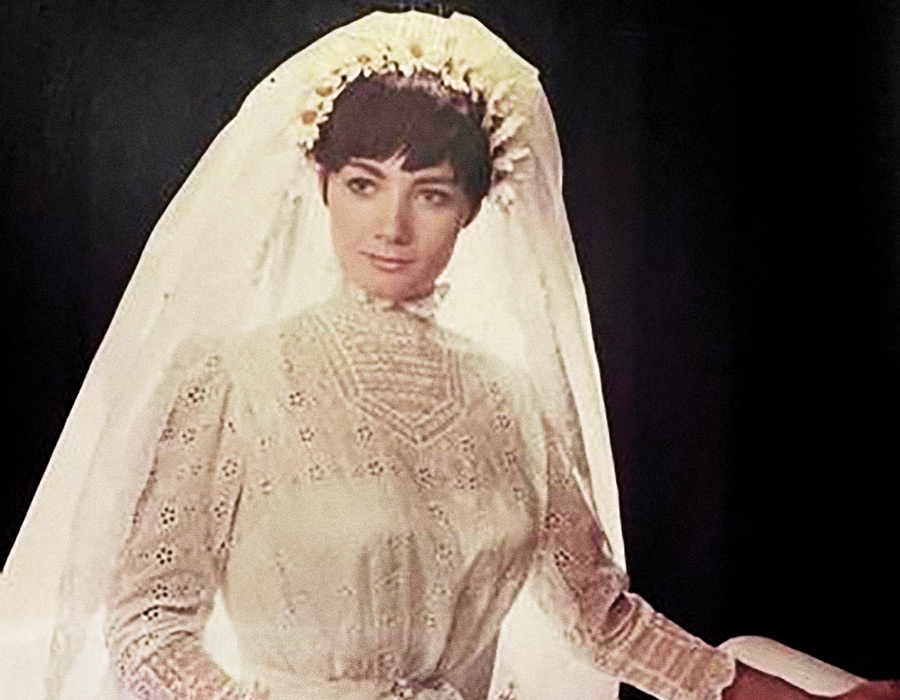
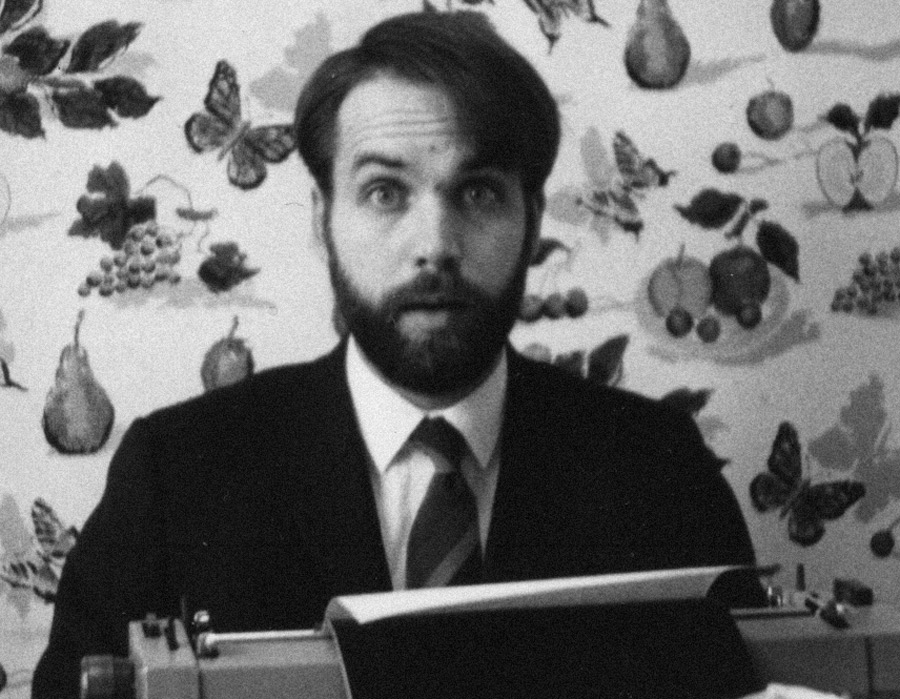
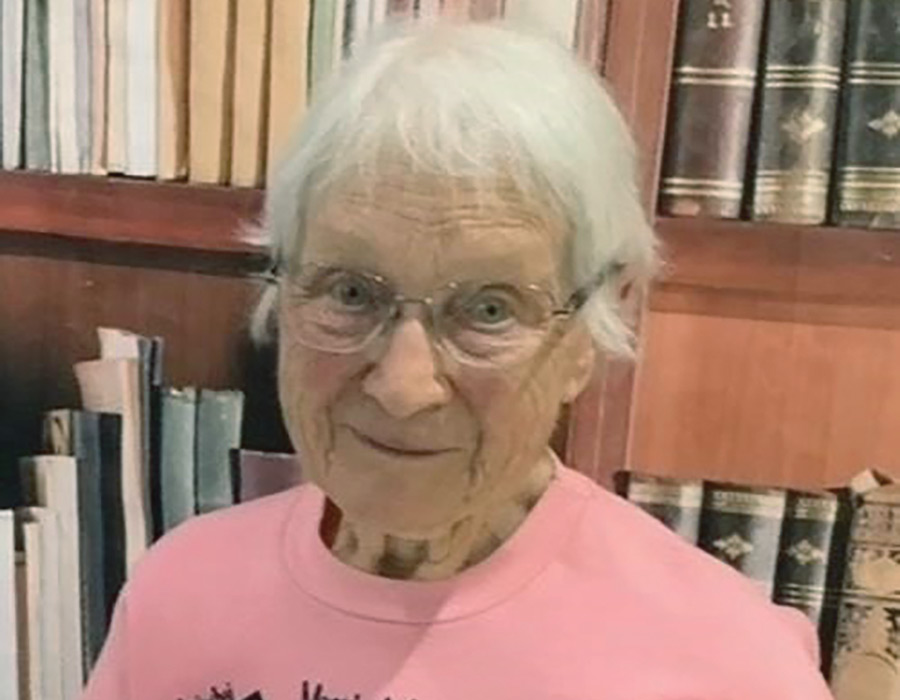
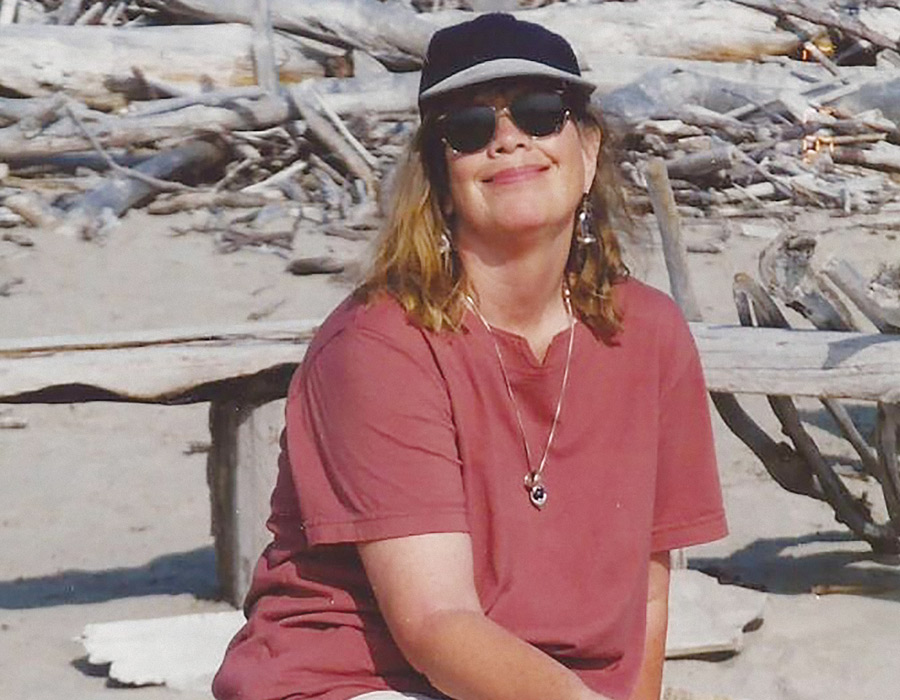
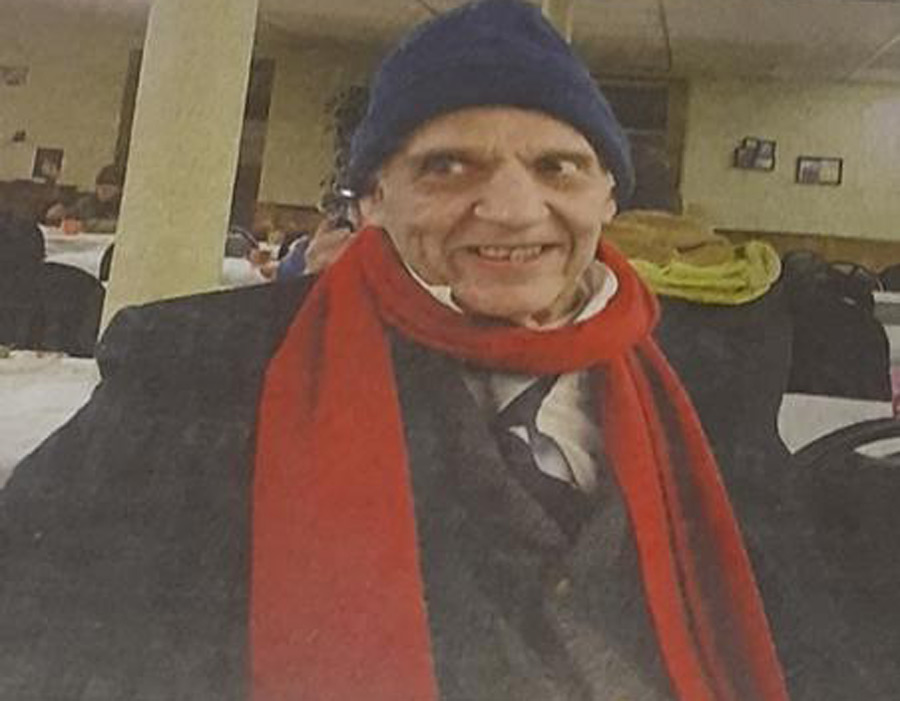
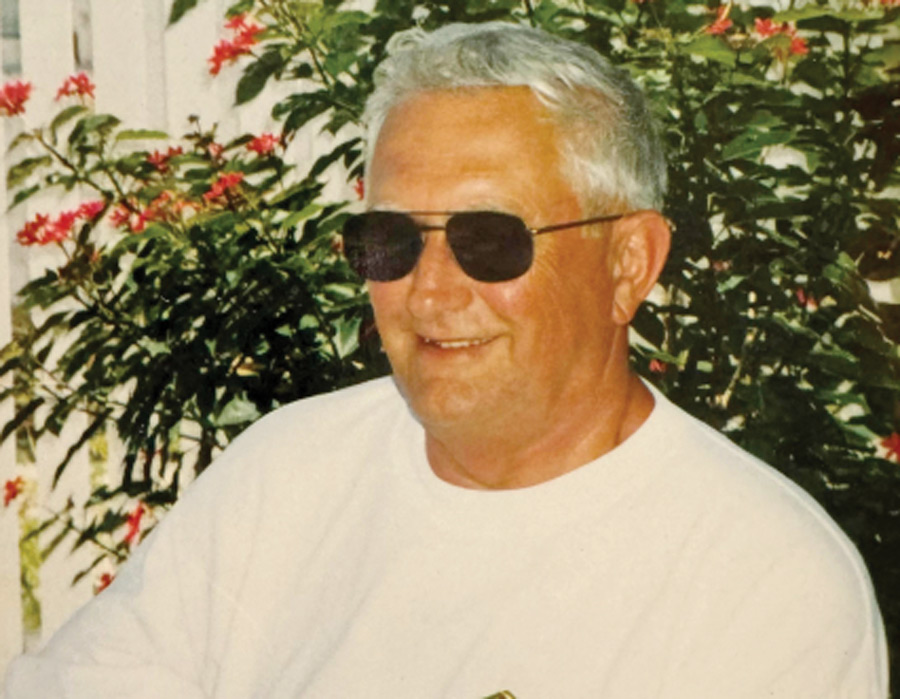
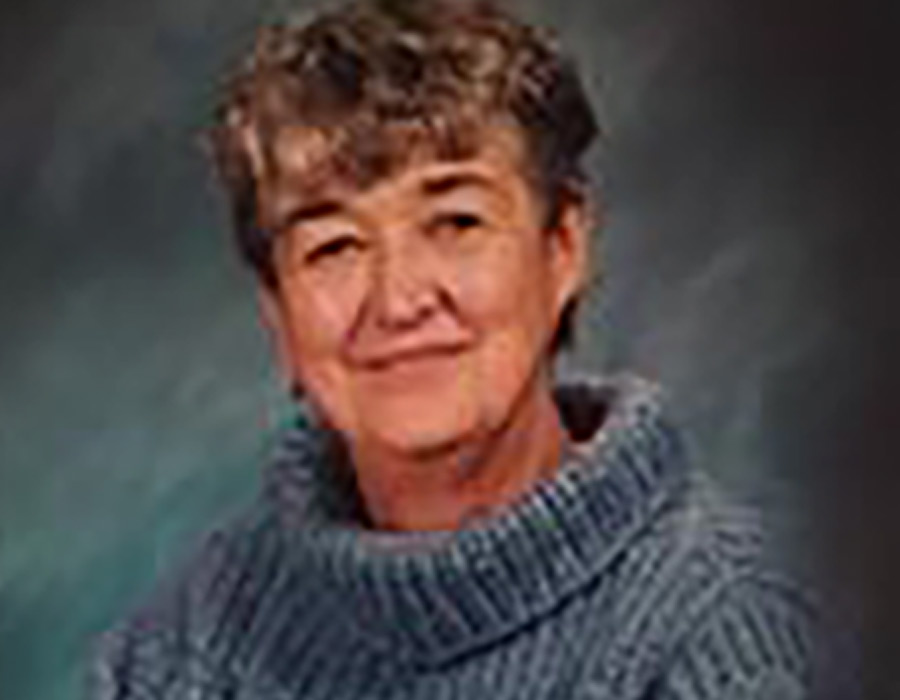
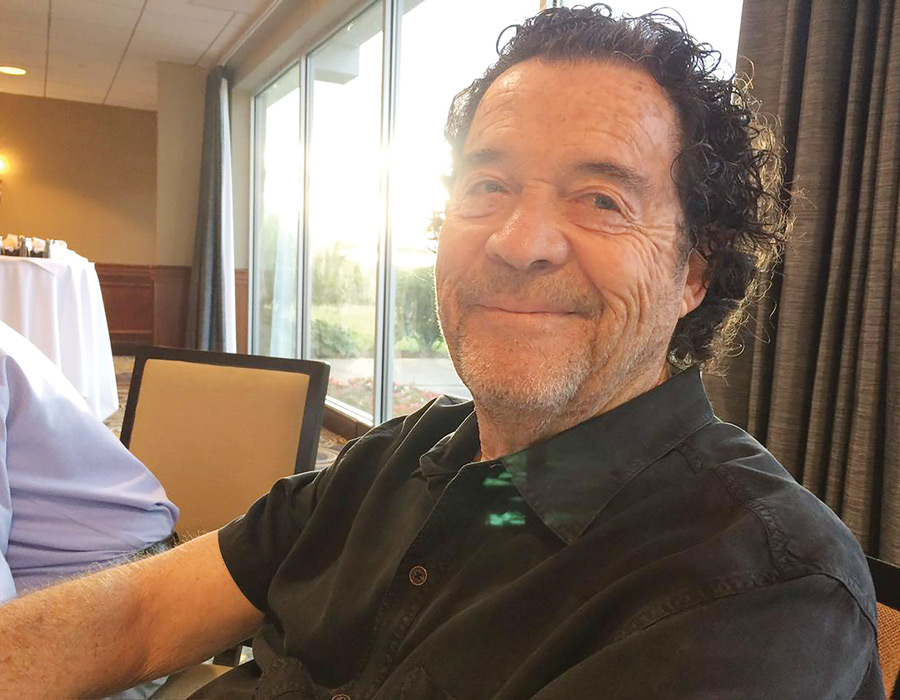
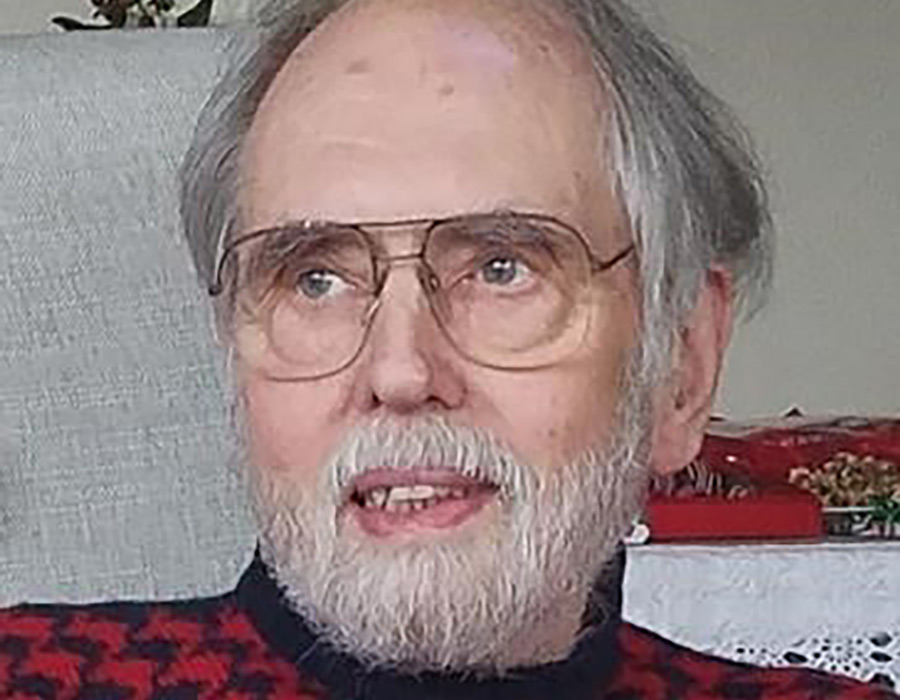
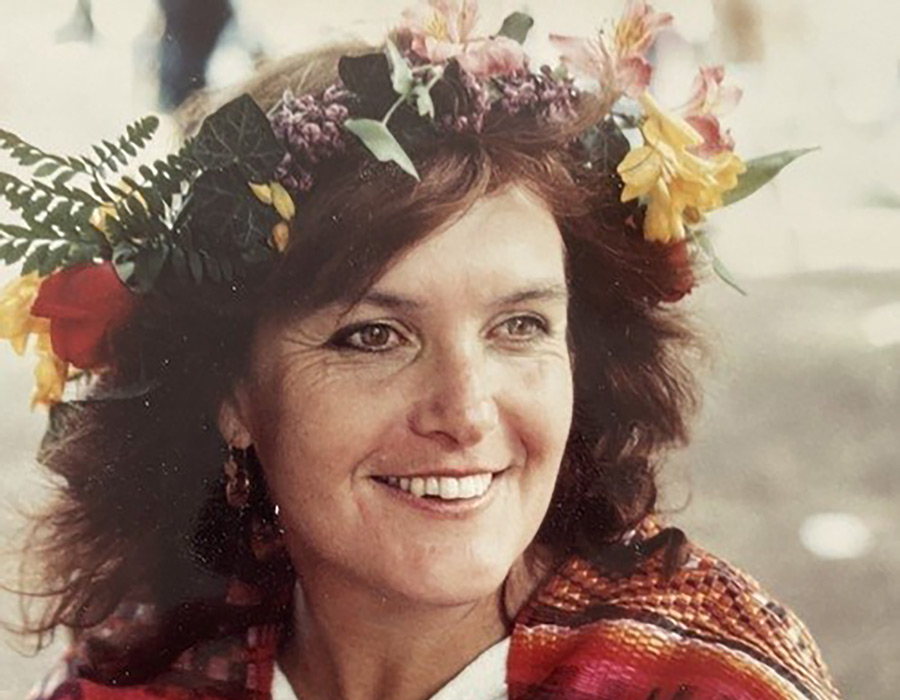
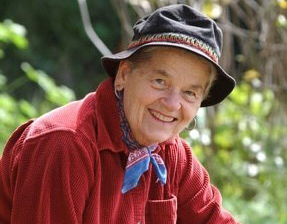
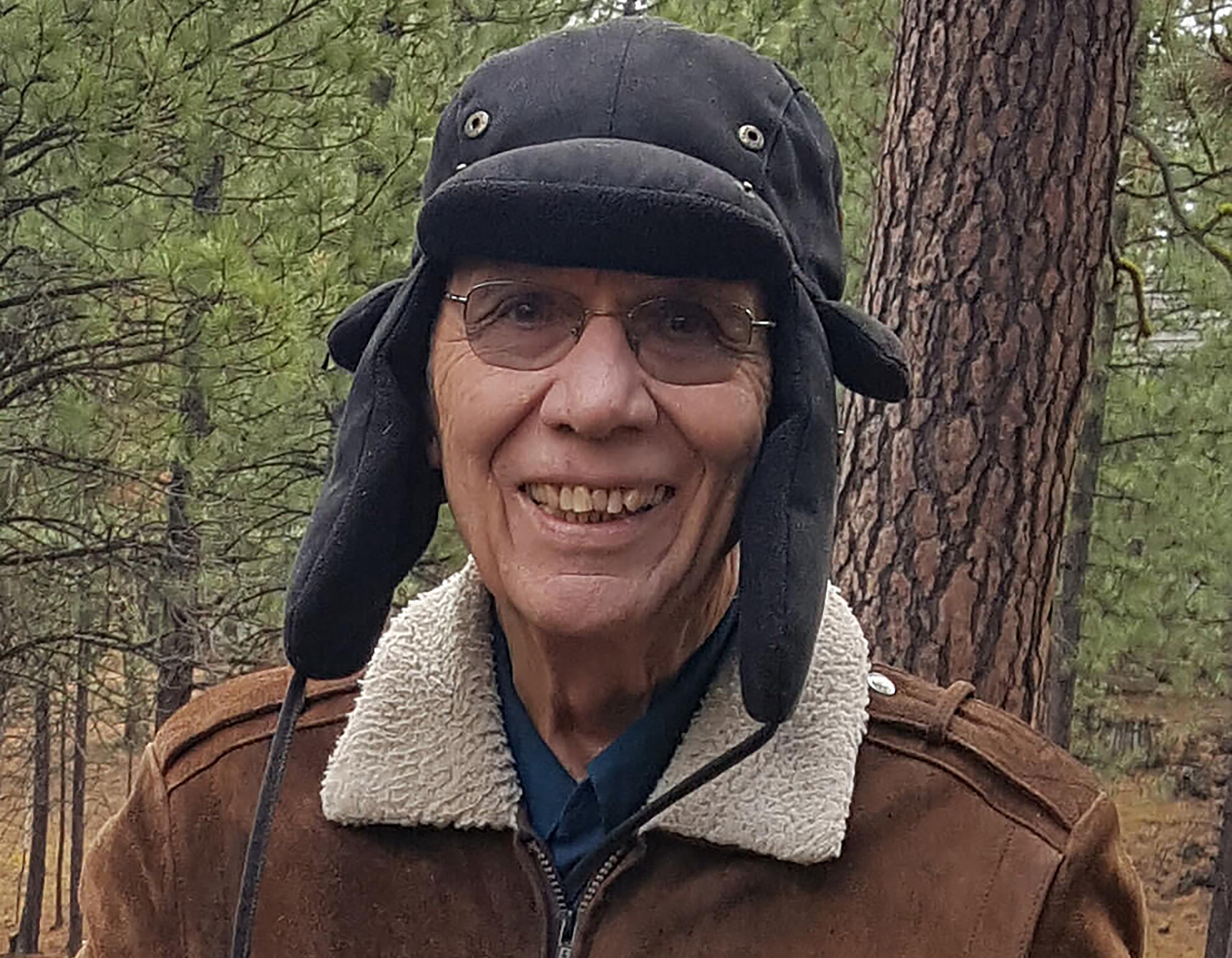
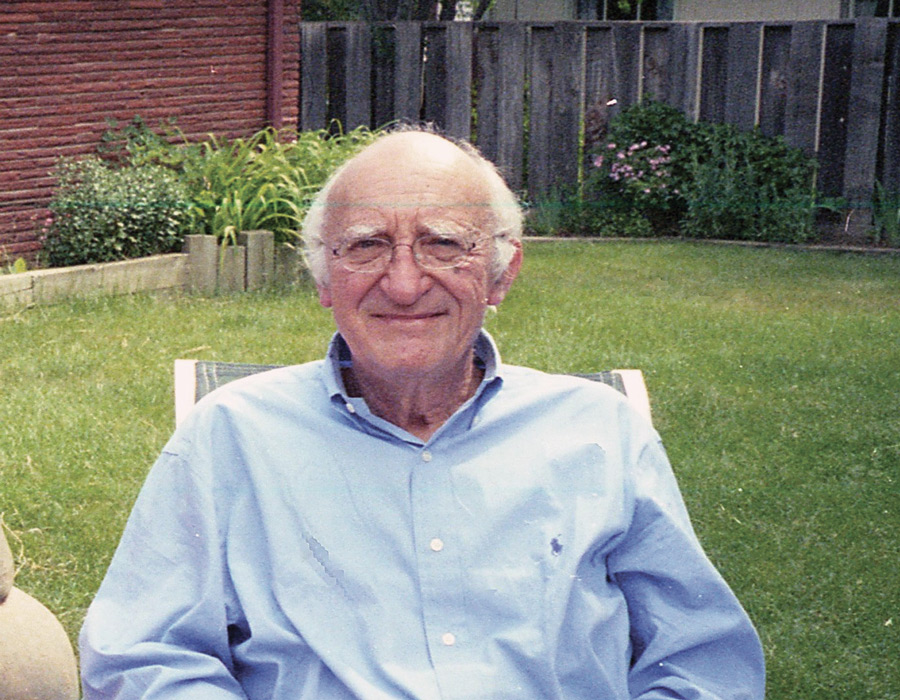
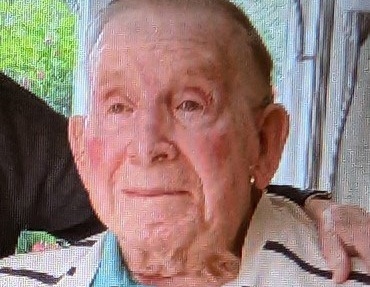
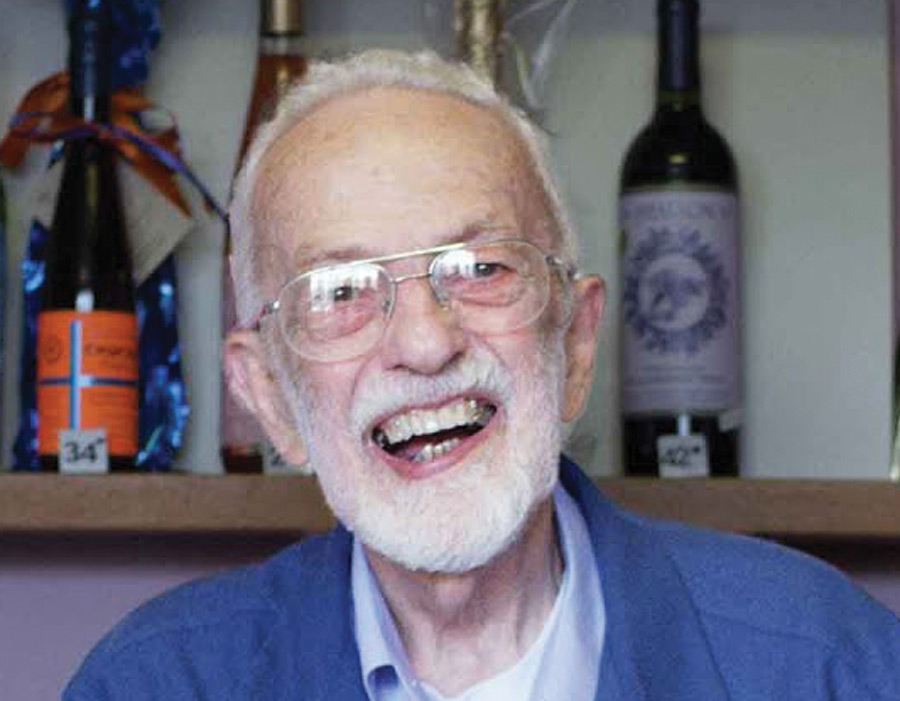
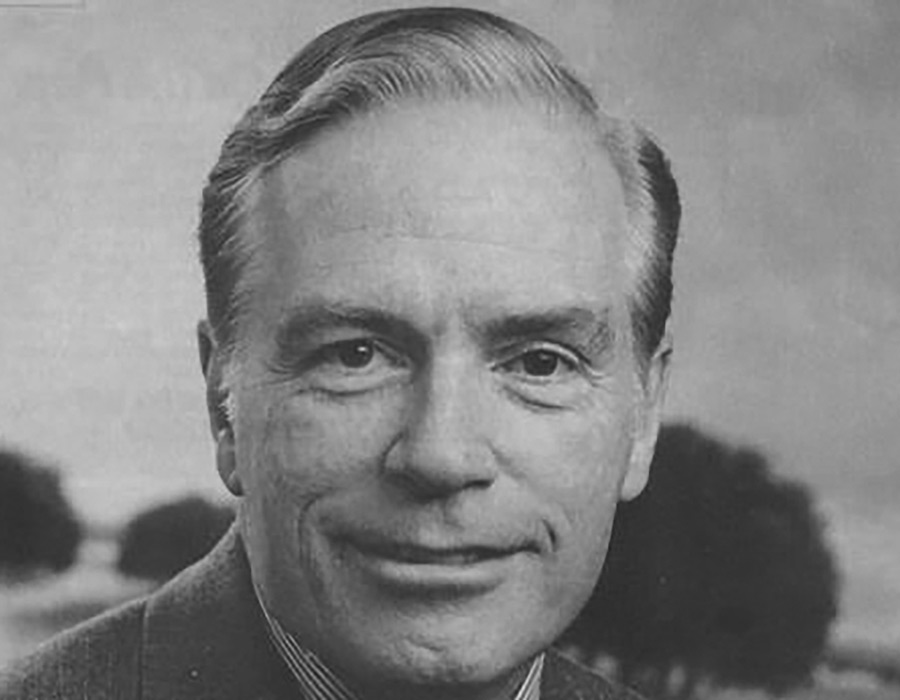
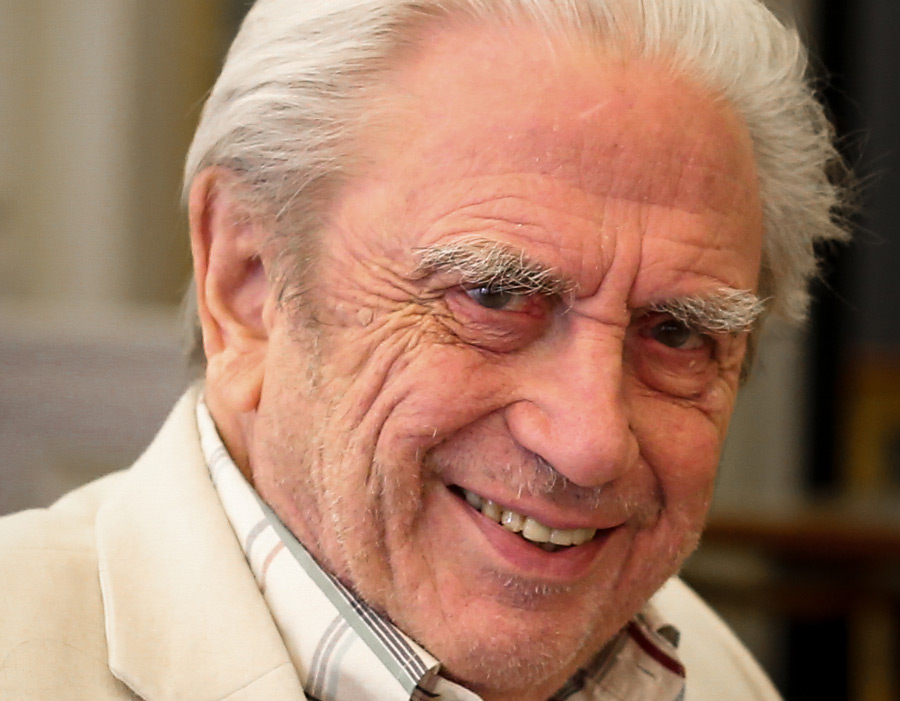
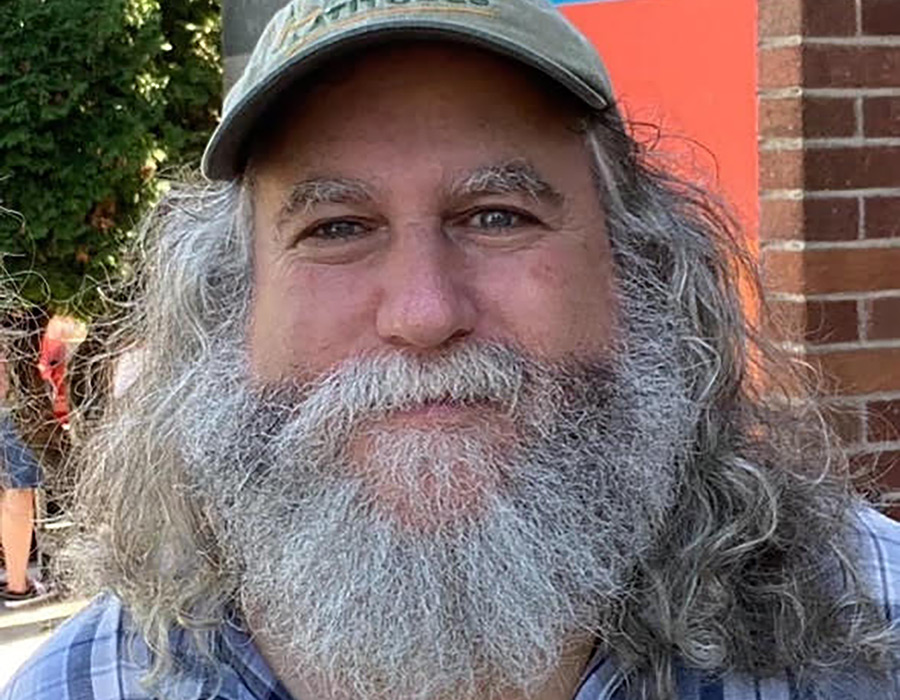
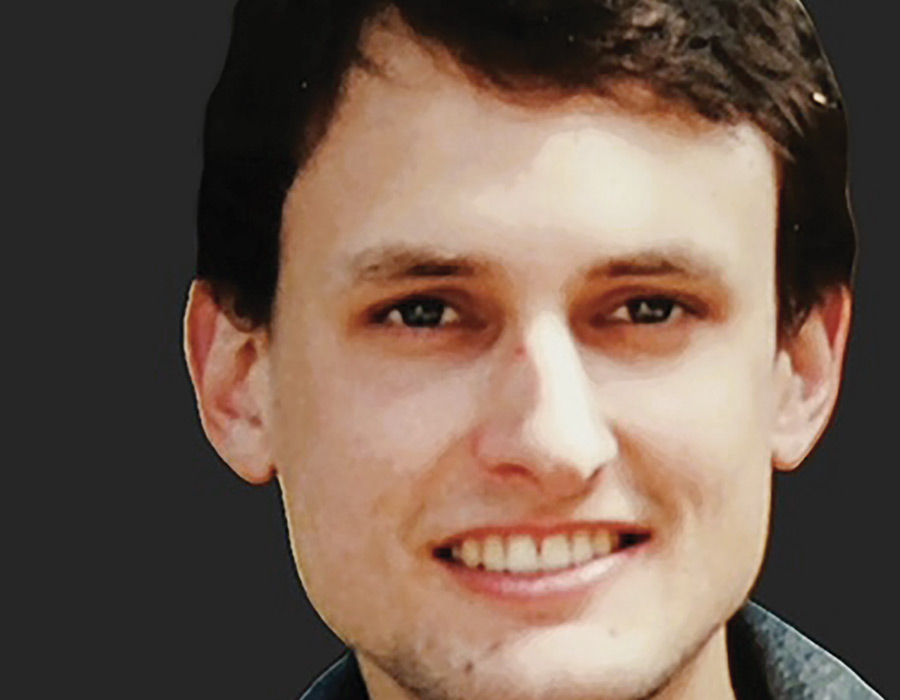
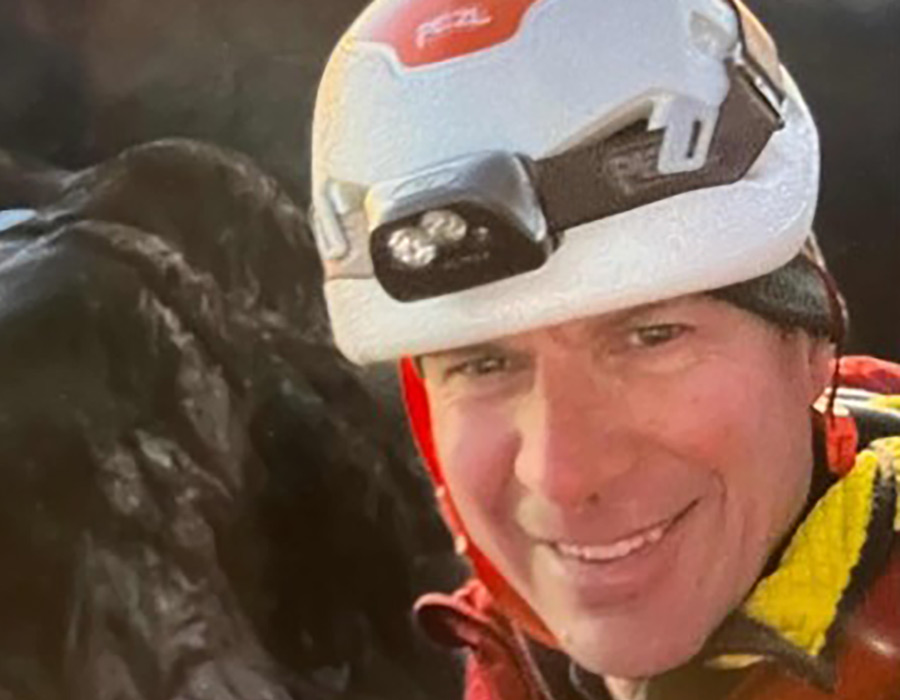
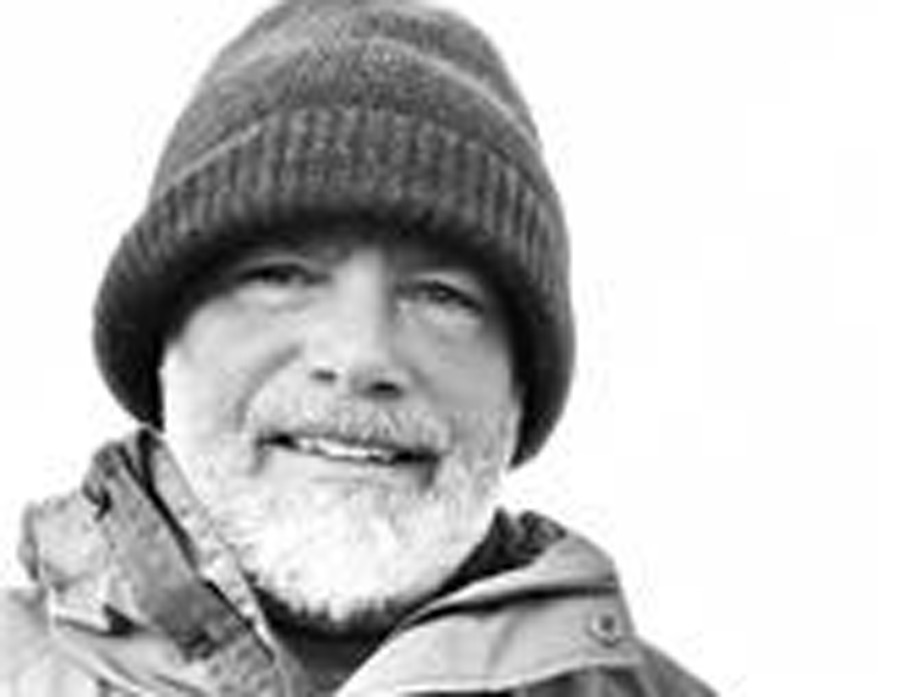
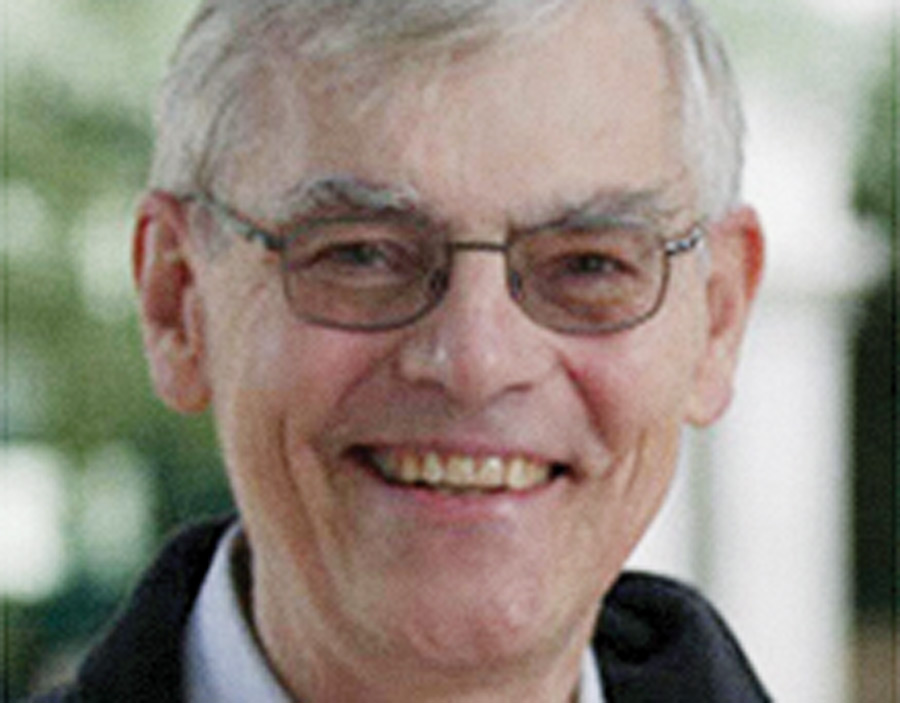
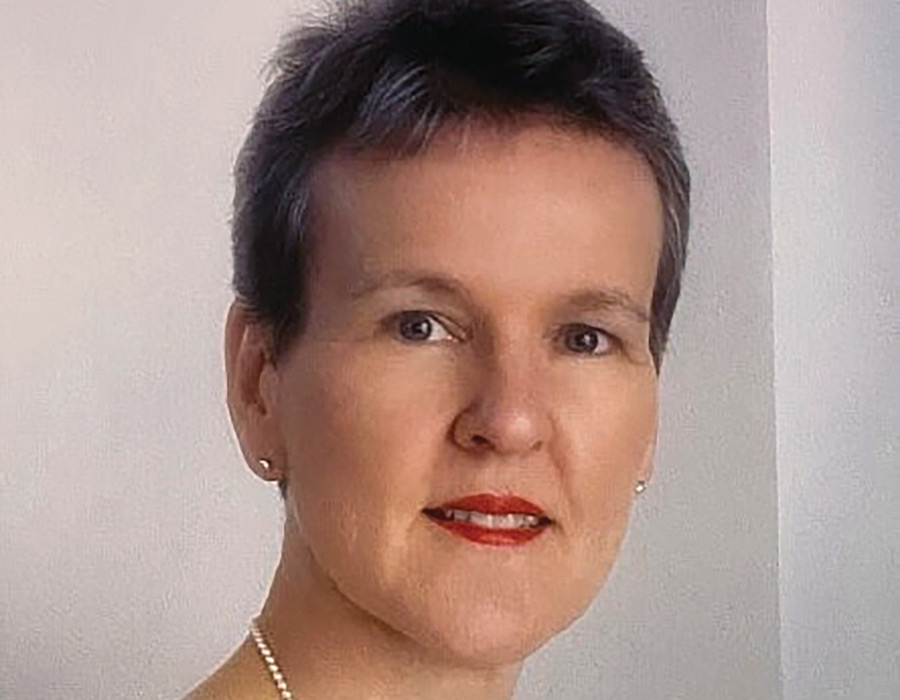
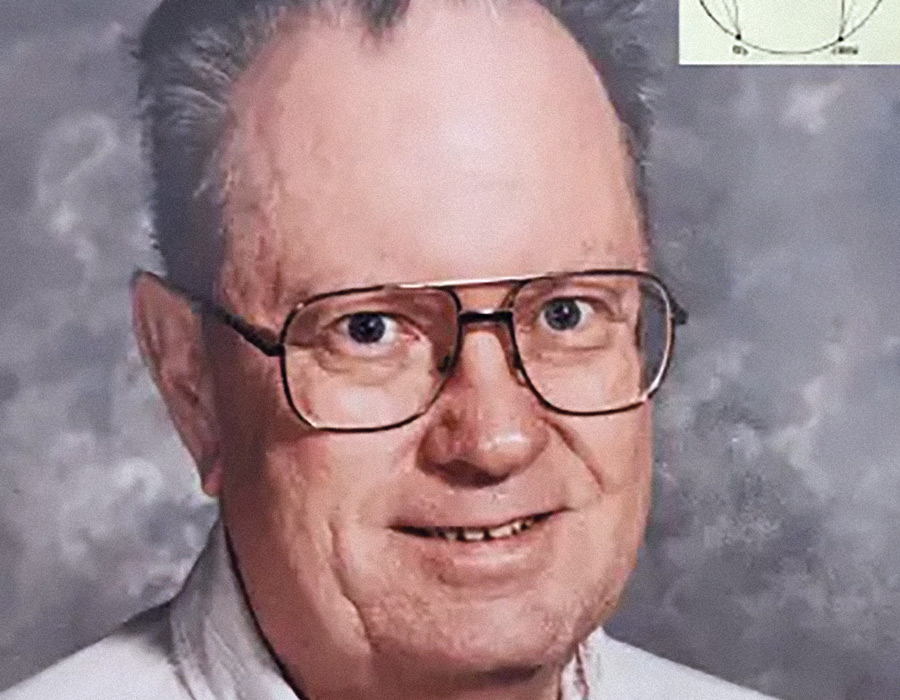
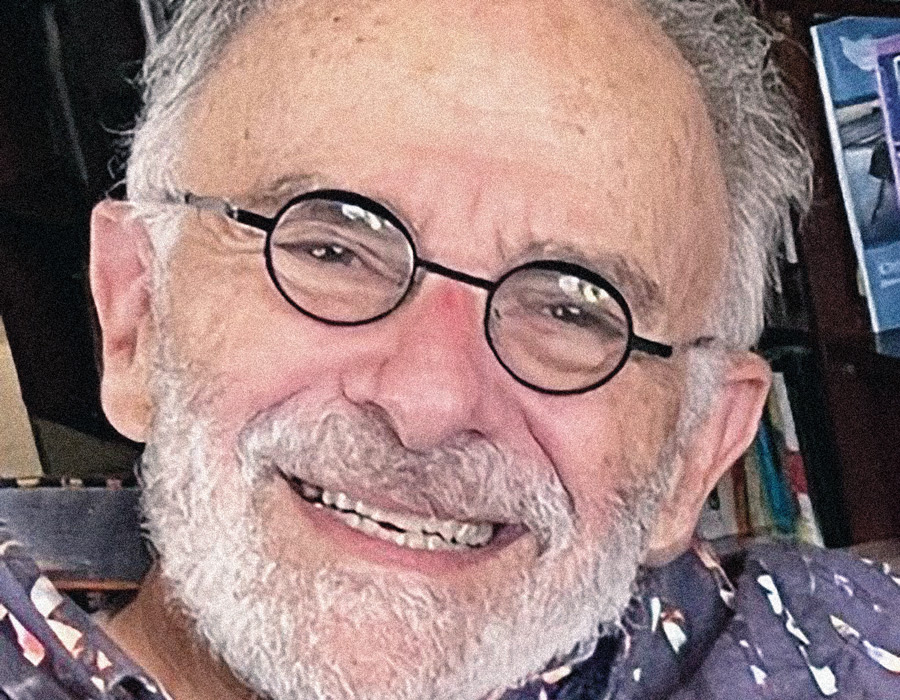
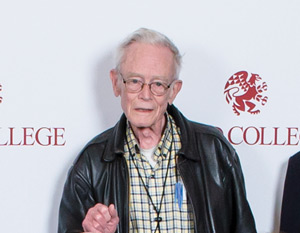
![Photo of Prof. Laurens Ruben [biology 1955–92]](https://www.reed.edu/reed-magazine/in-memoriam/assets/images/Larry-Ruben-copy.jpg)
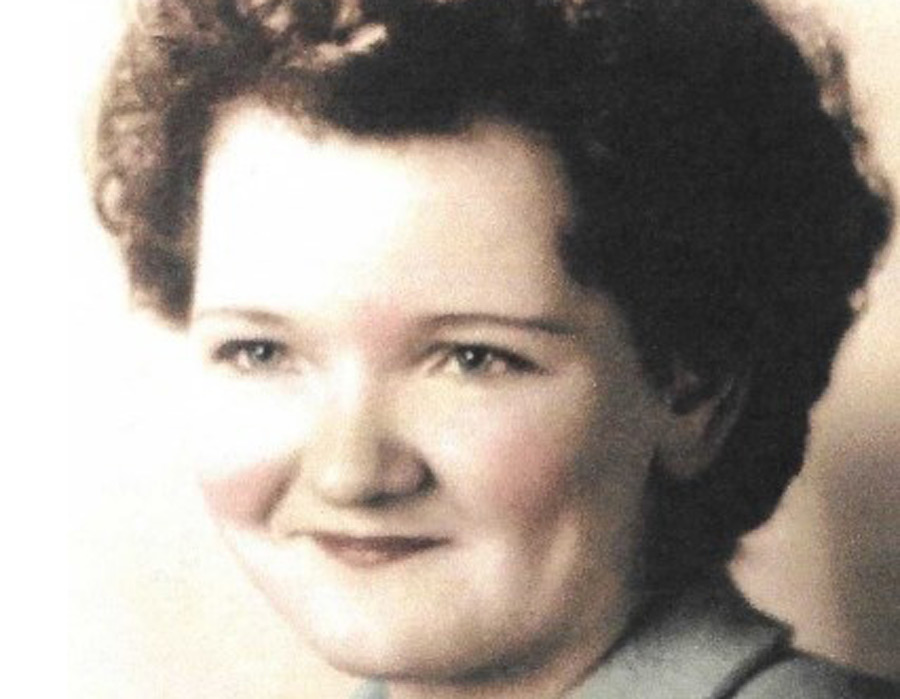
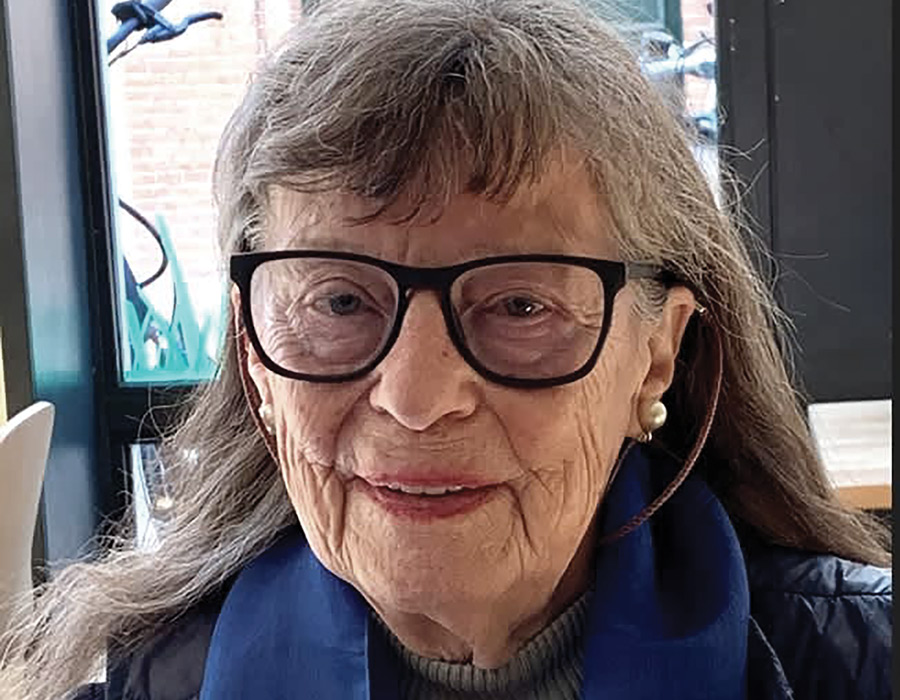
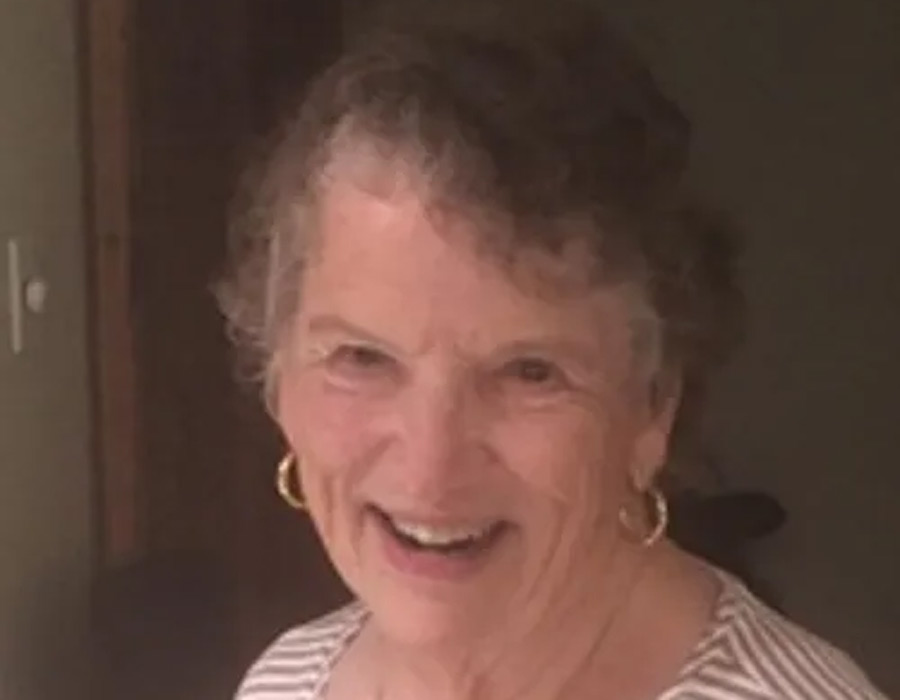
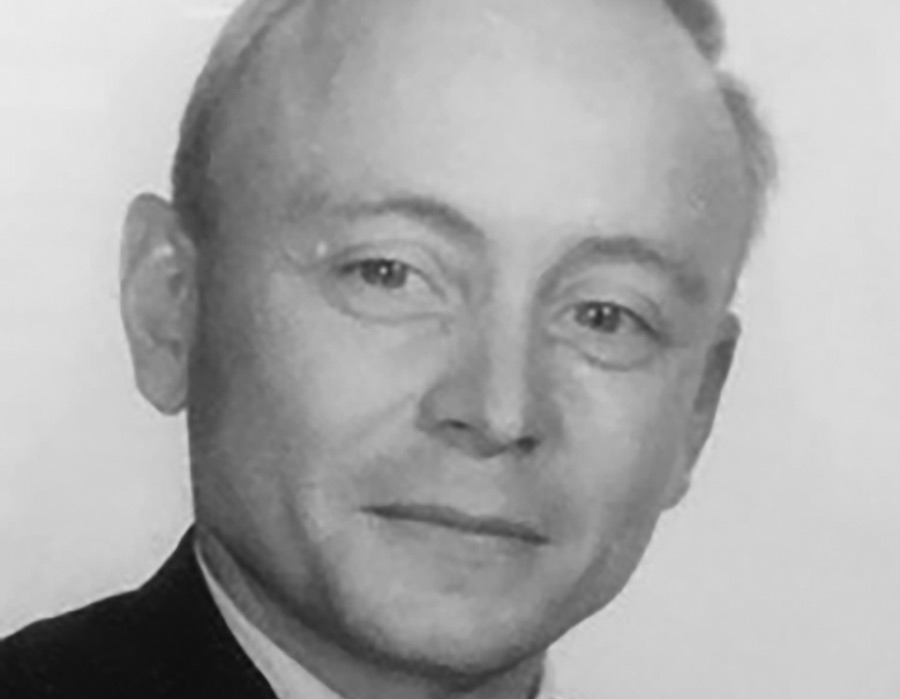
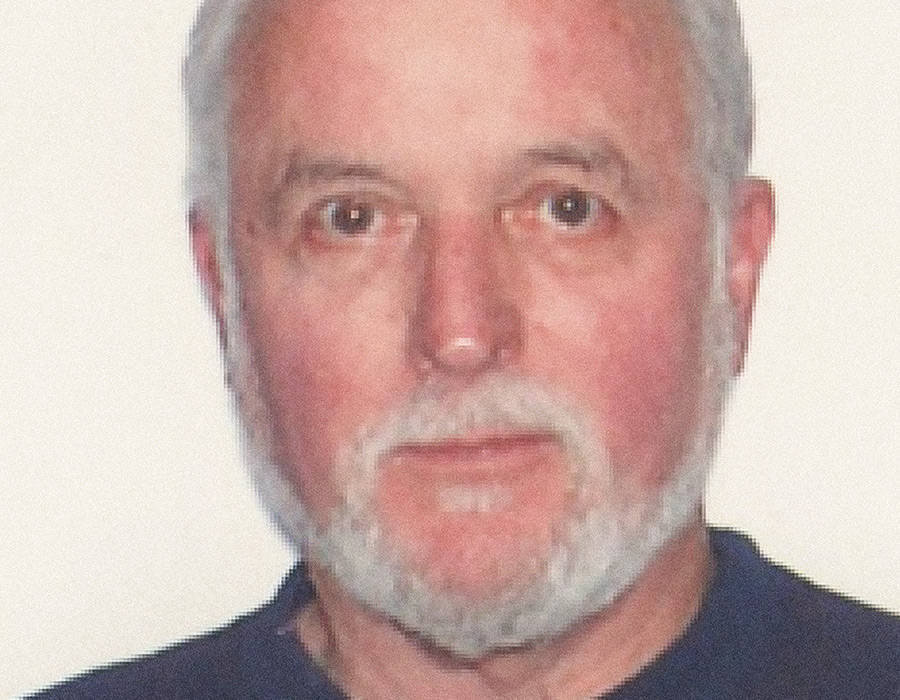
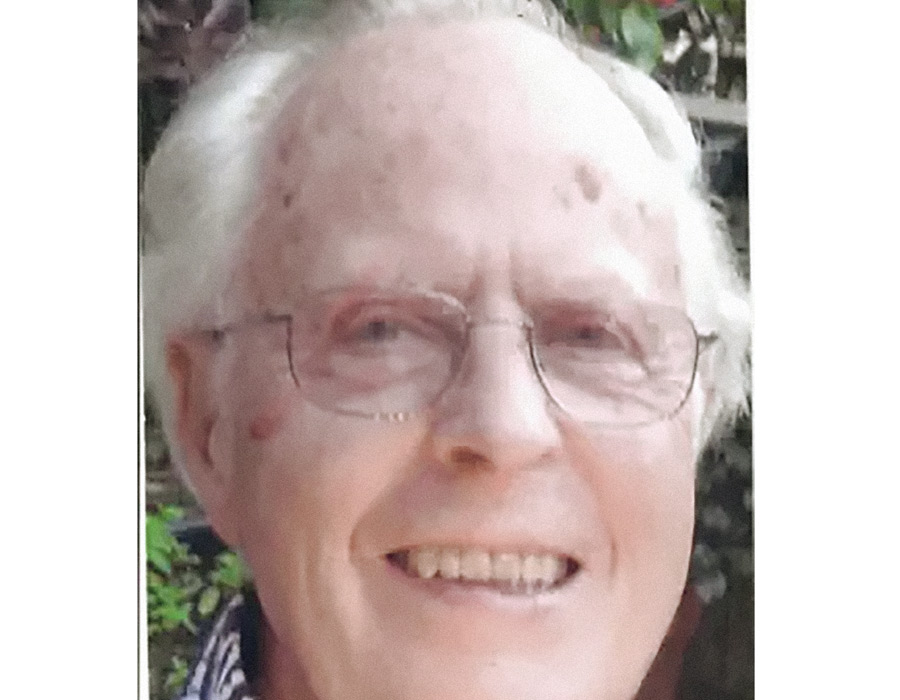
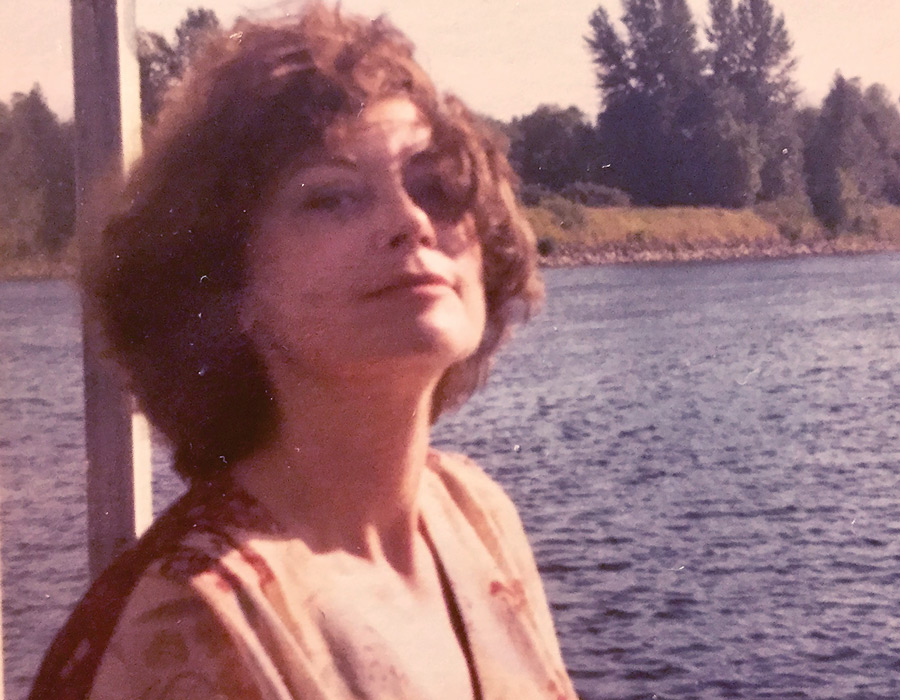
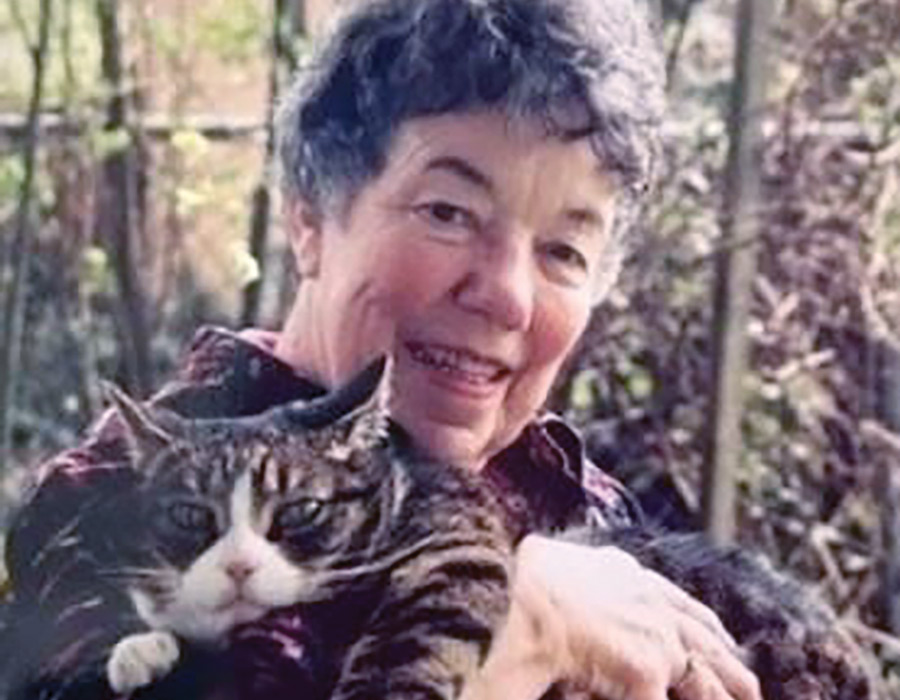
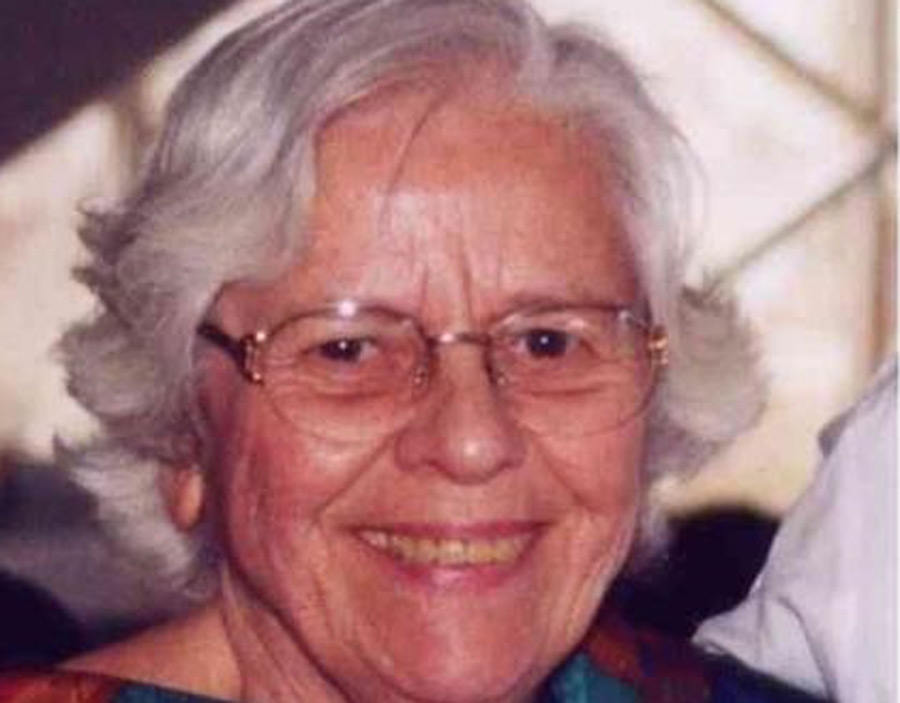
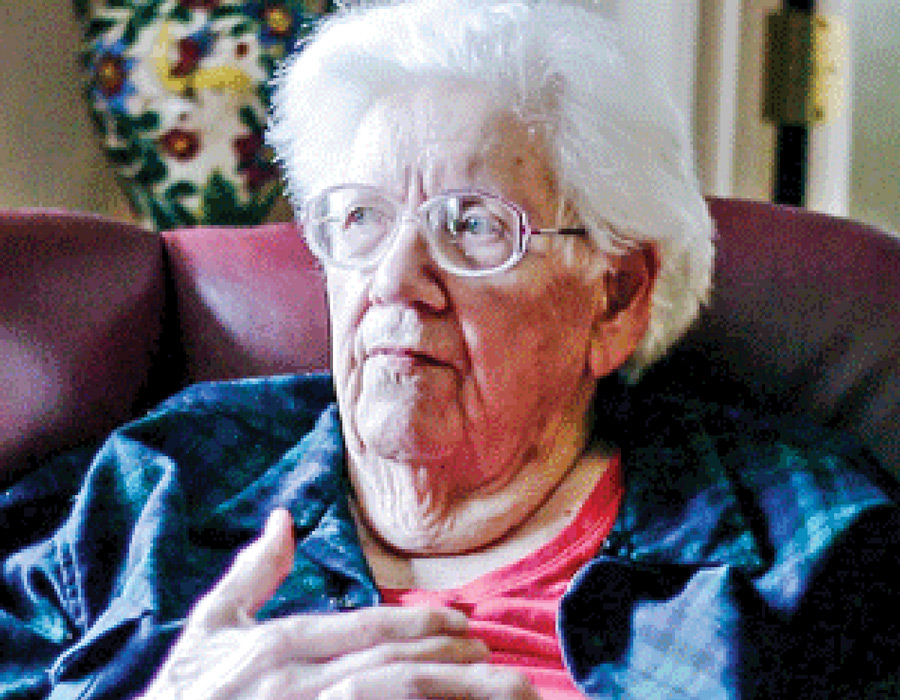
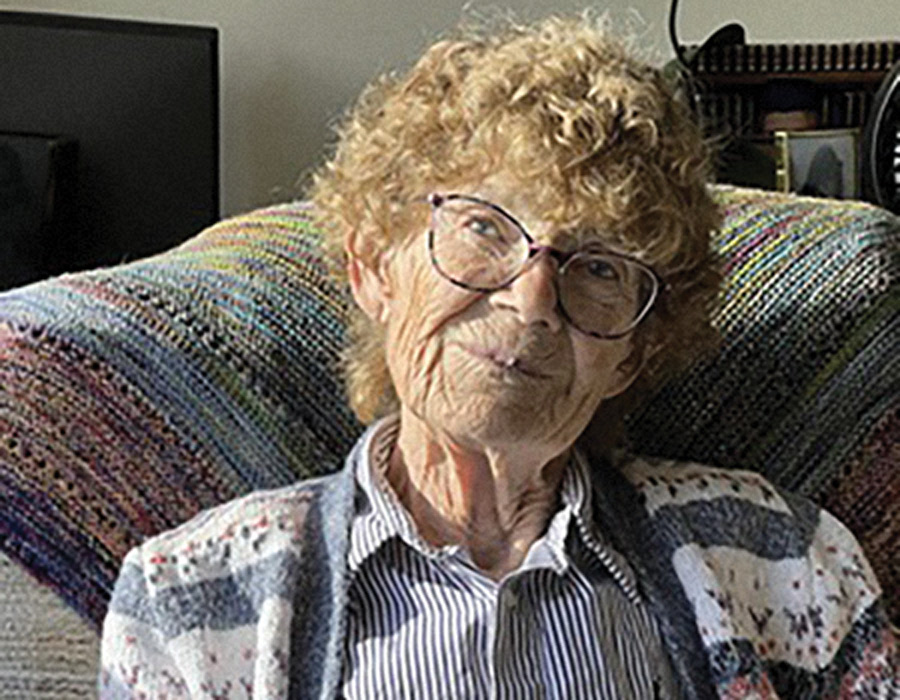
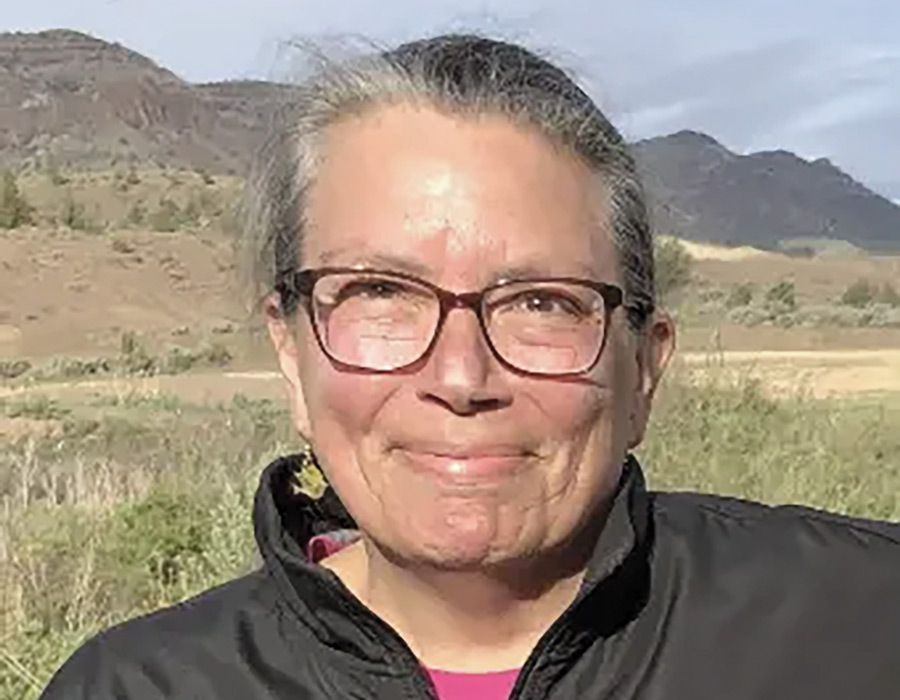
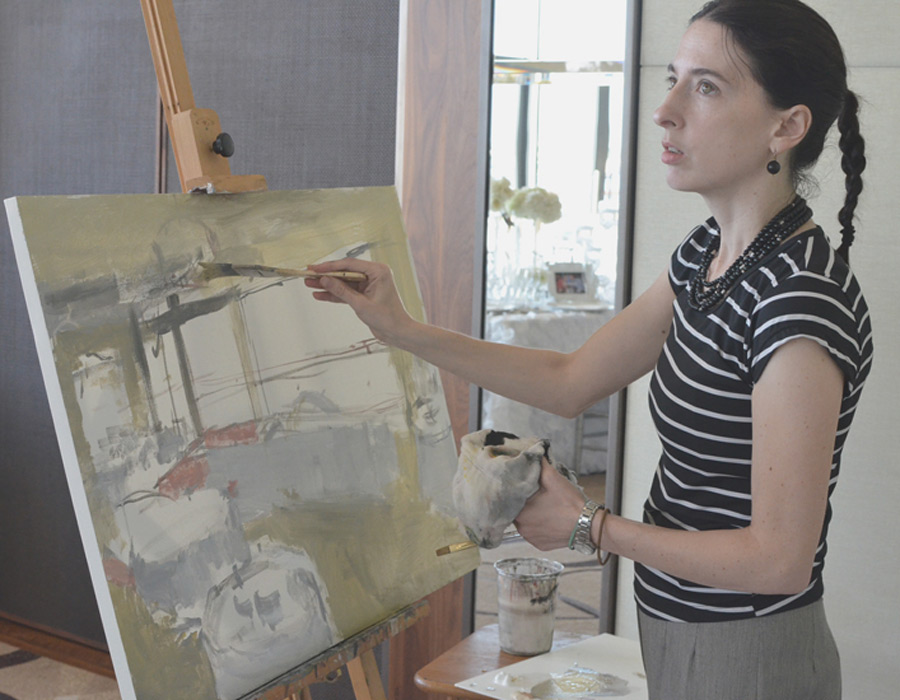
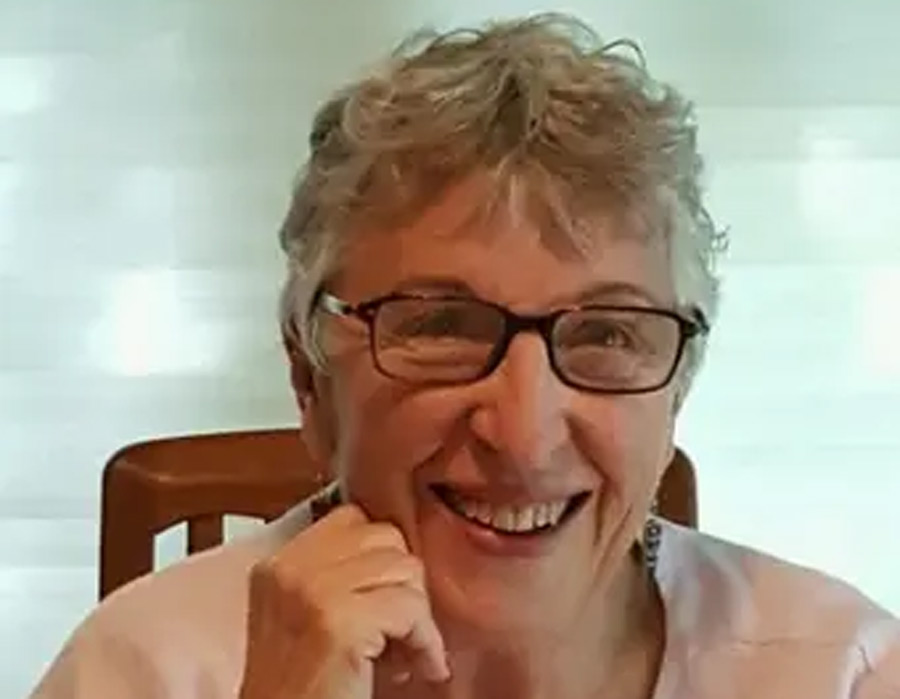
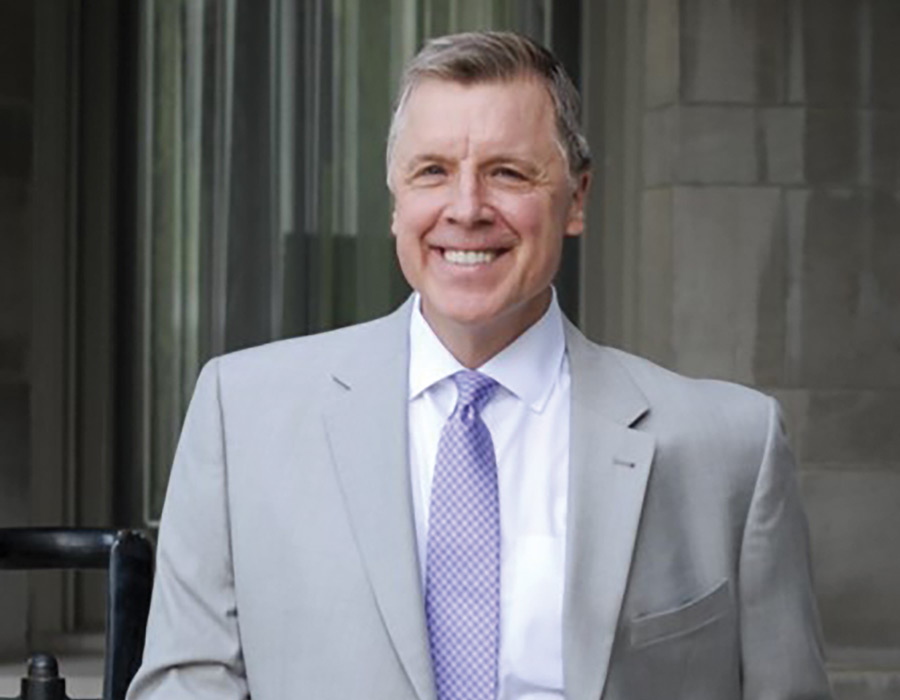
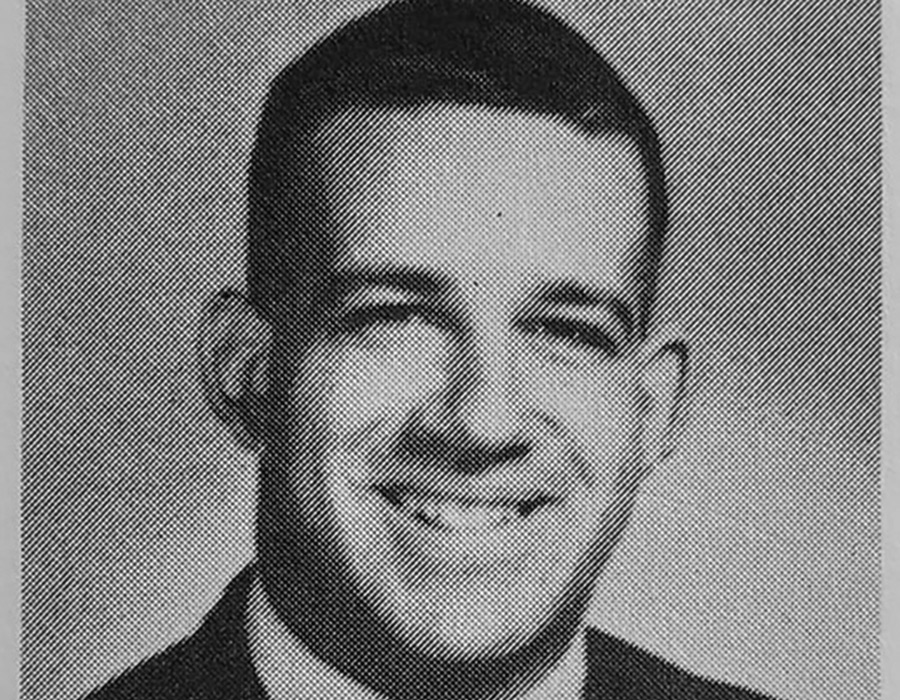
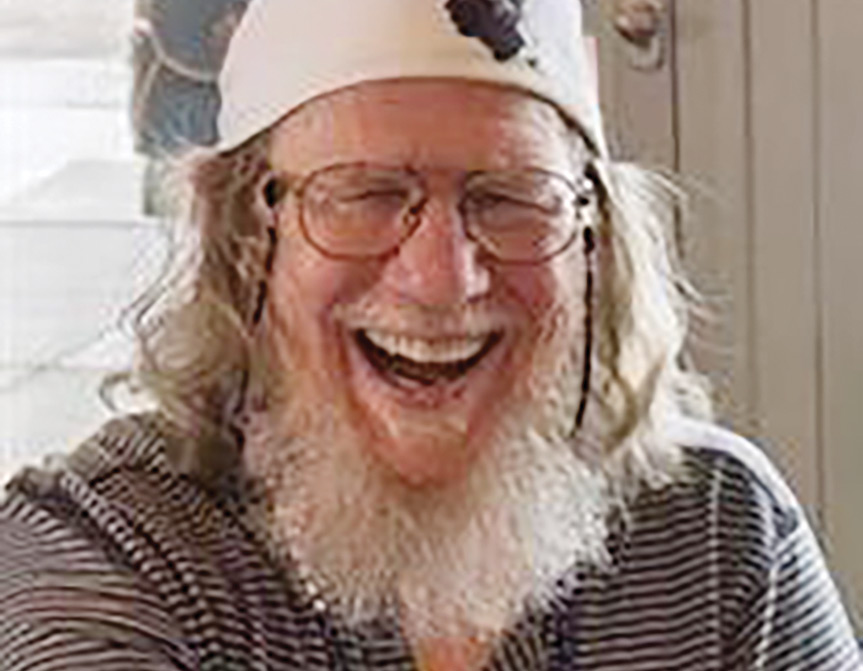
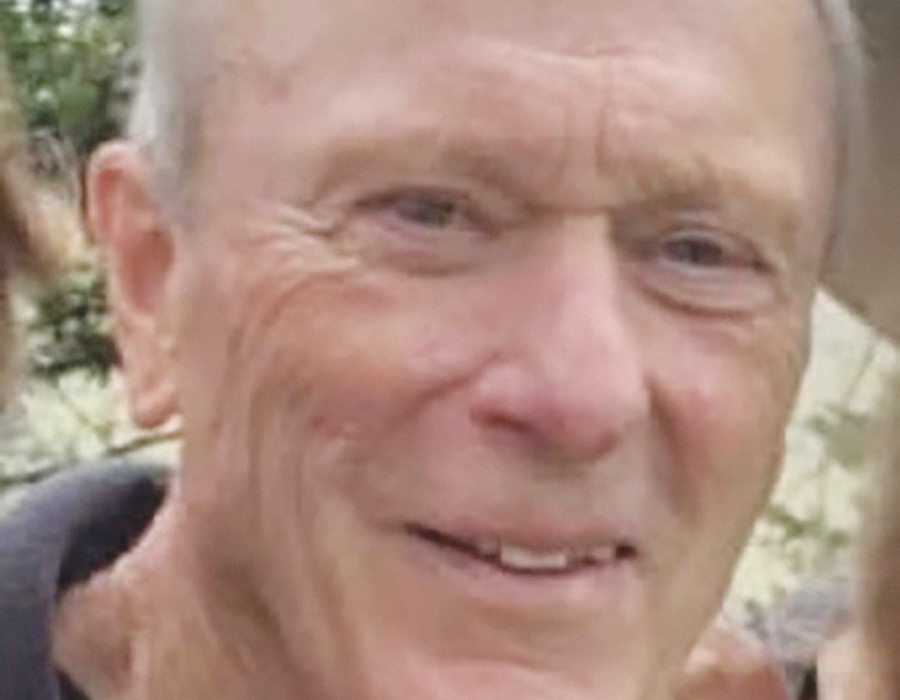
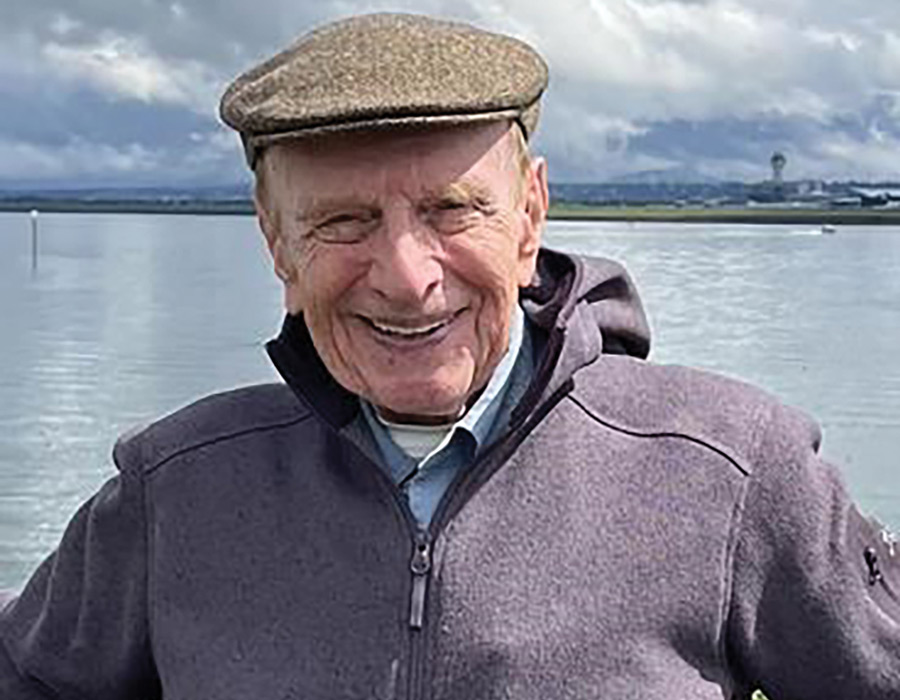
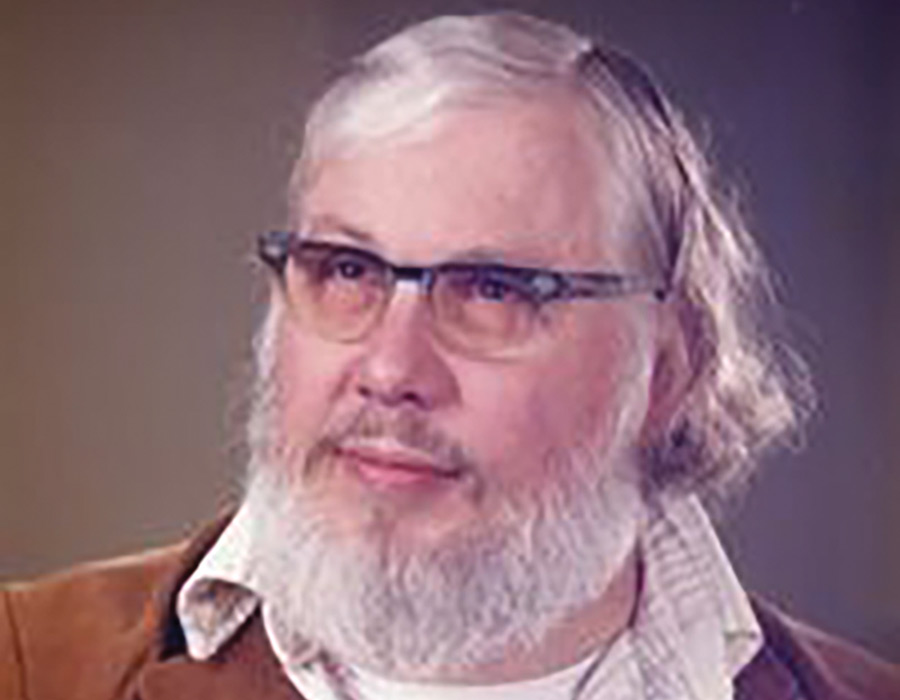
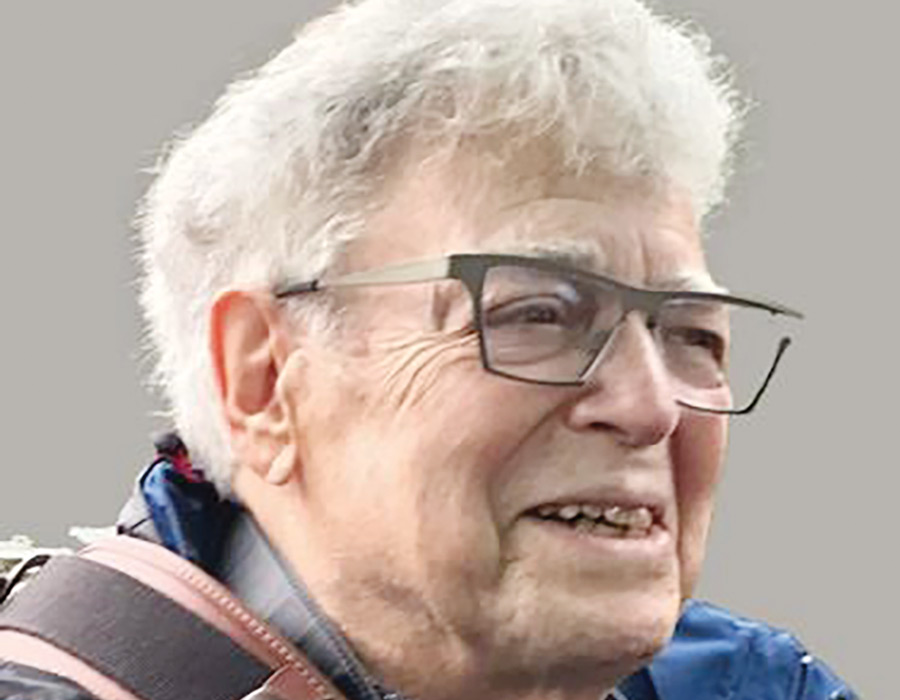
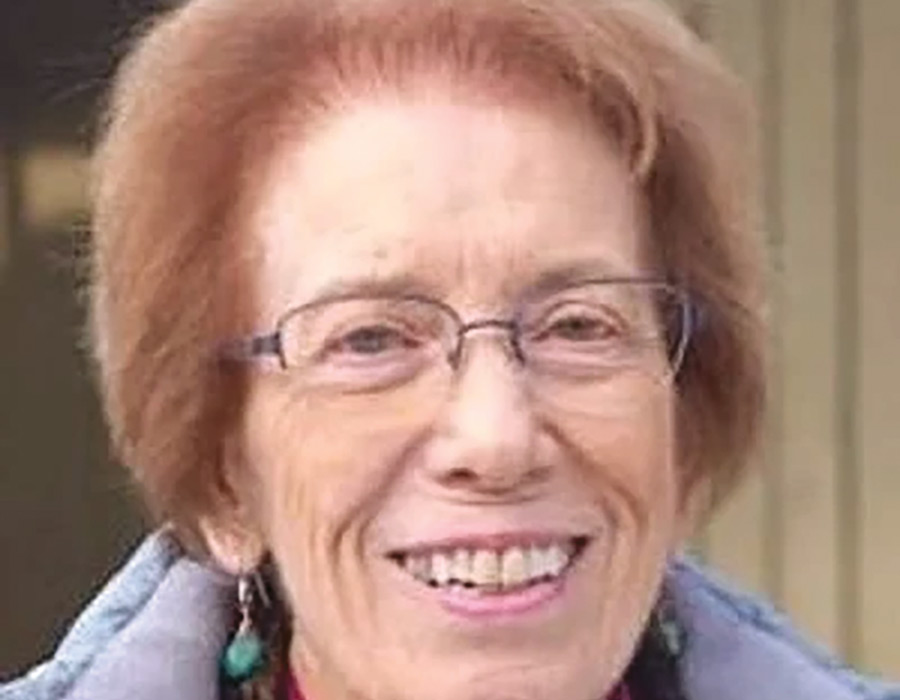
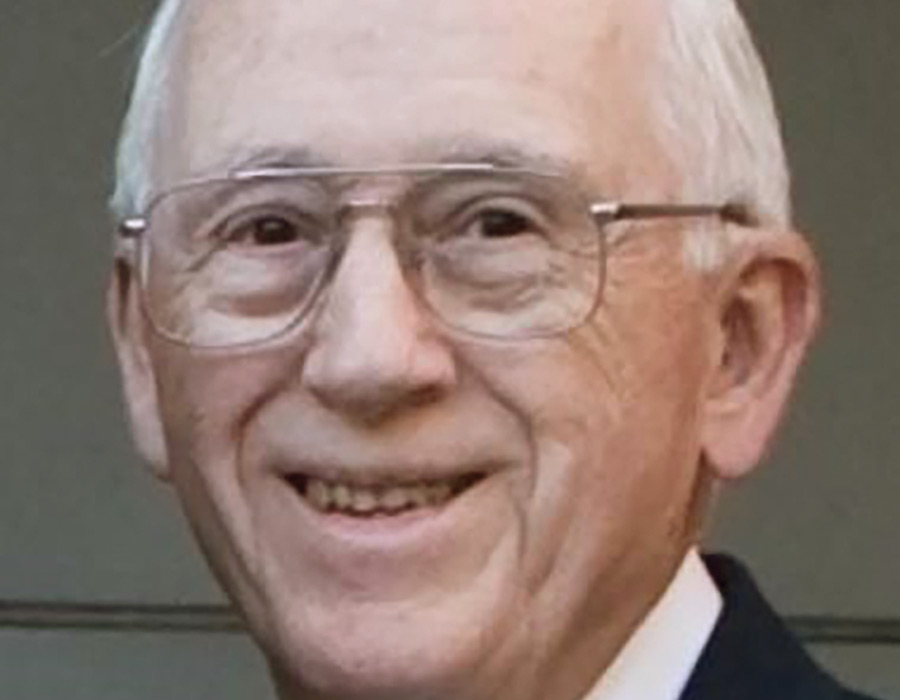
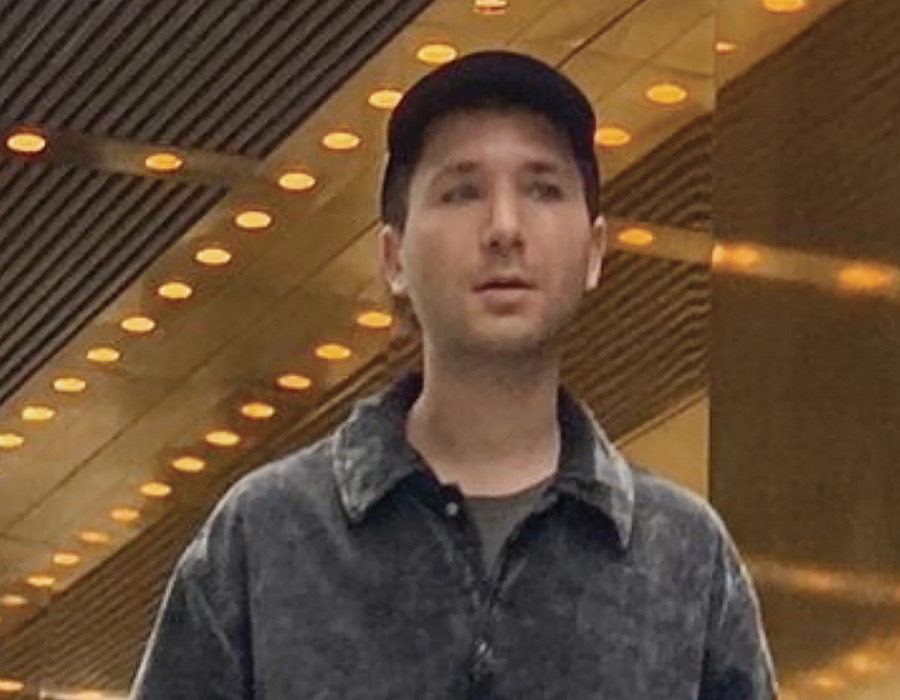
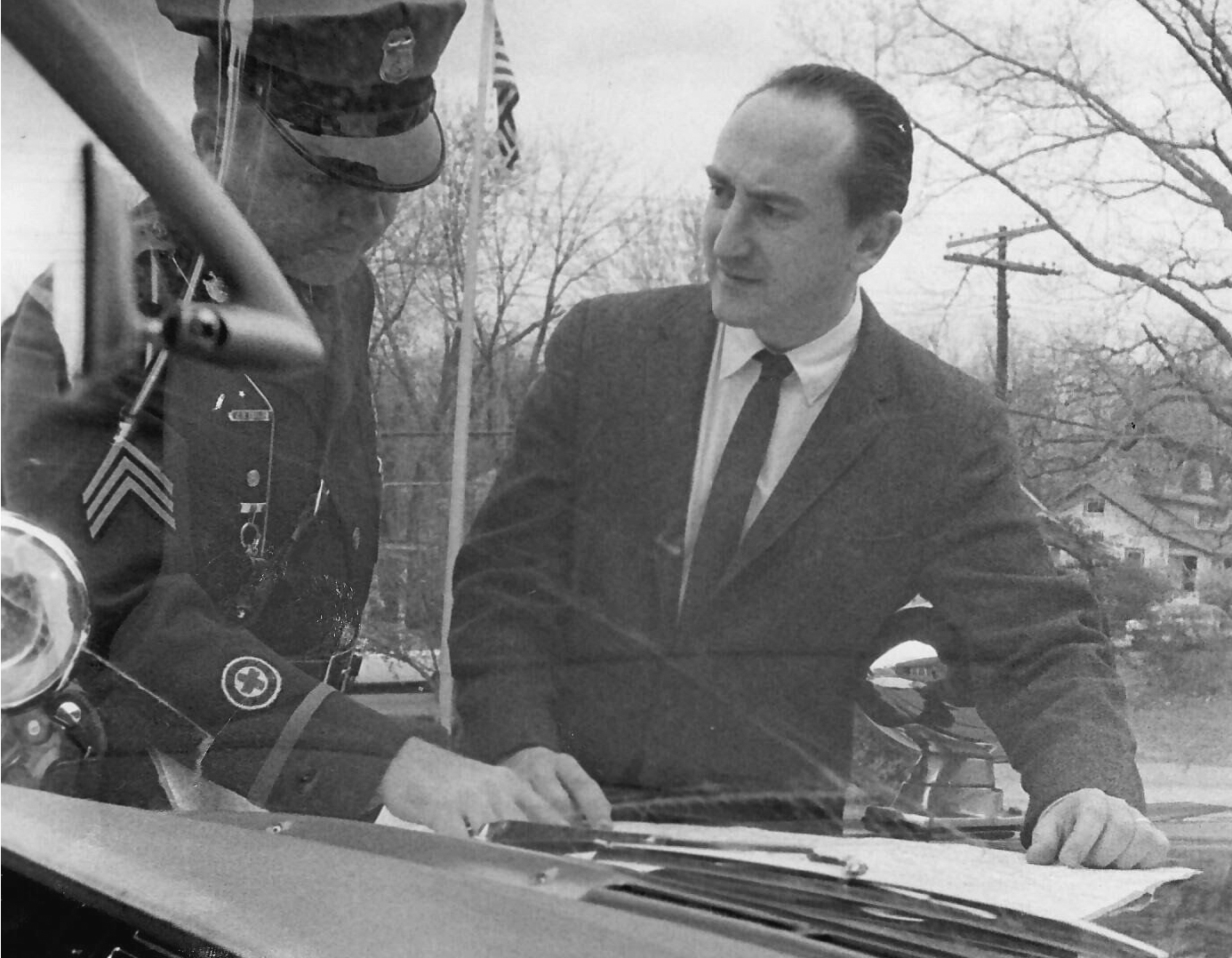
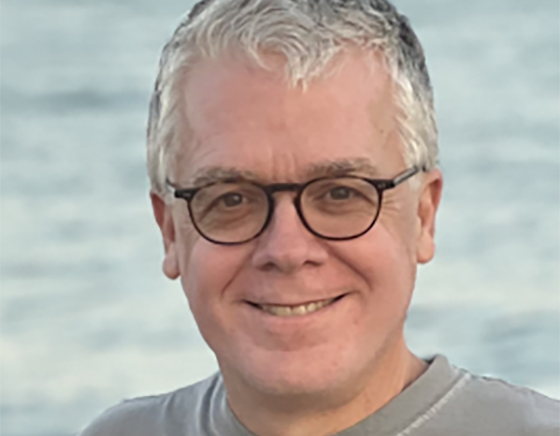
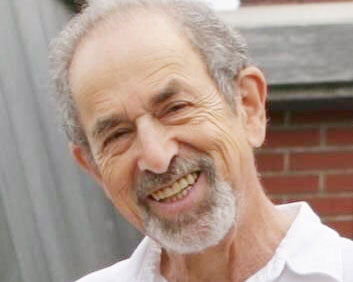
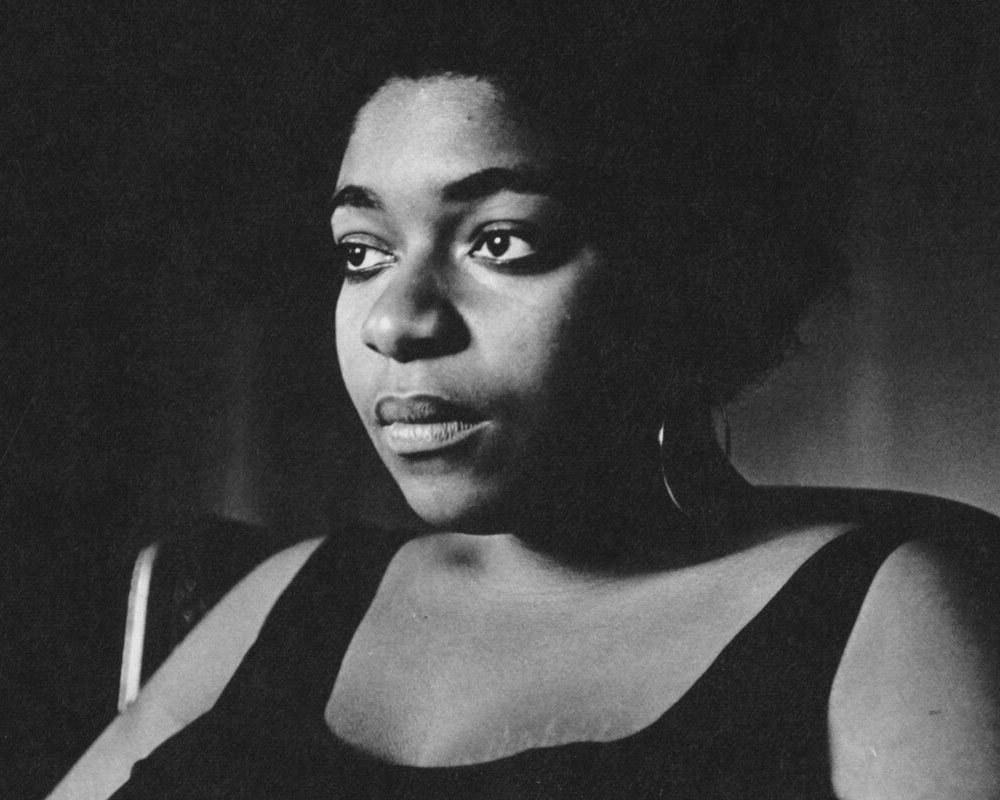


![Photo of Prof. Marvin Levich [philosophy 1953–94]](https://www.reed.edu/reed-magazine/in-memoriam/assets/images/2022/LTL-levich1.jpg)
![Photo of President Paul E. Bragdon [1971–88]](https://www.reed.edu/reed-magazine/in-memoriam/assets/images/2020/Bragdon.jpg)
![Photo of Prof. Edward Barton Segel [history 1973–2011]](https://www.reed.edu/reed-magazine/in-memoriam/assets/images/2020/Segel.jpg)








































































